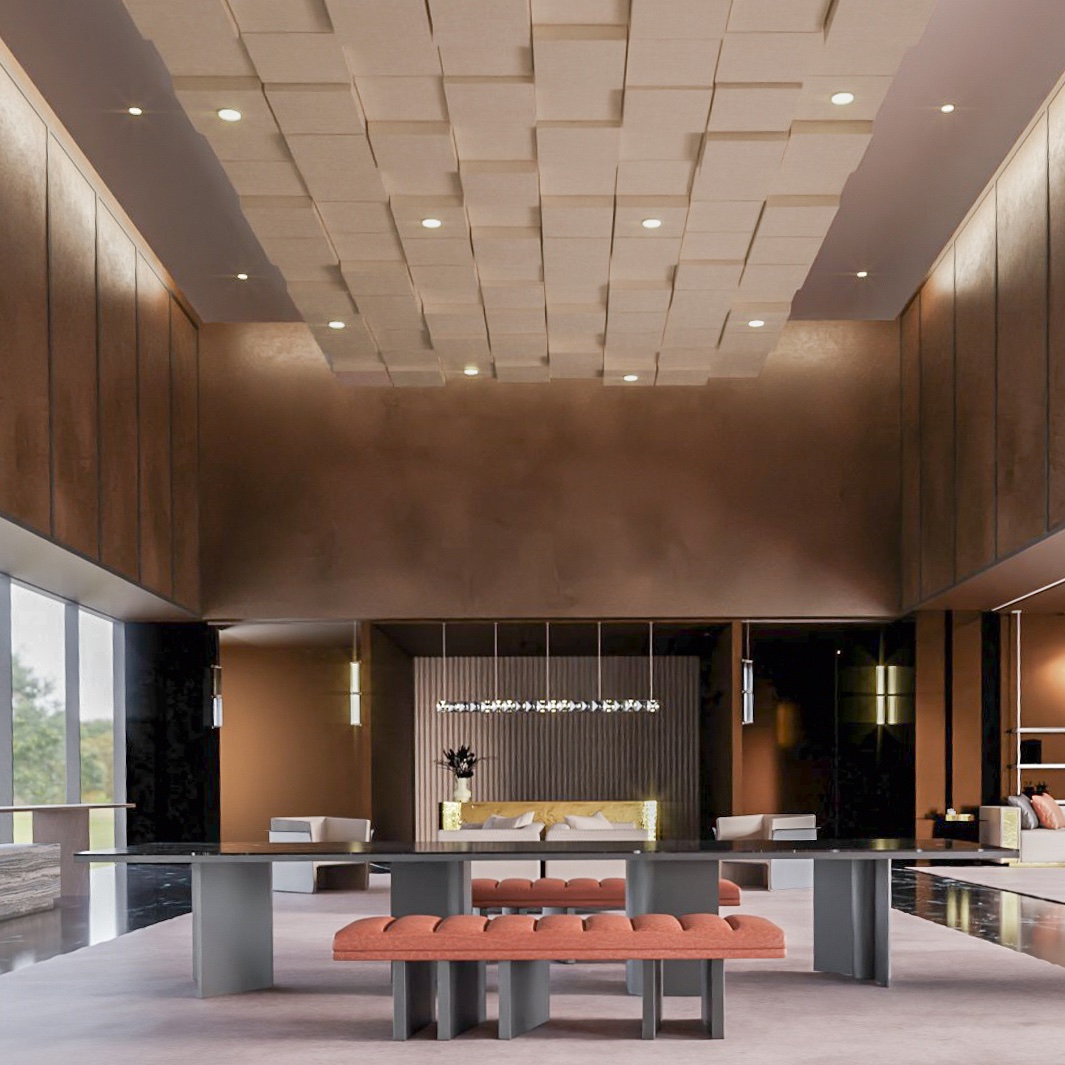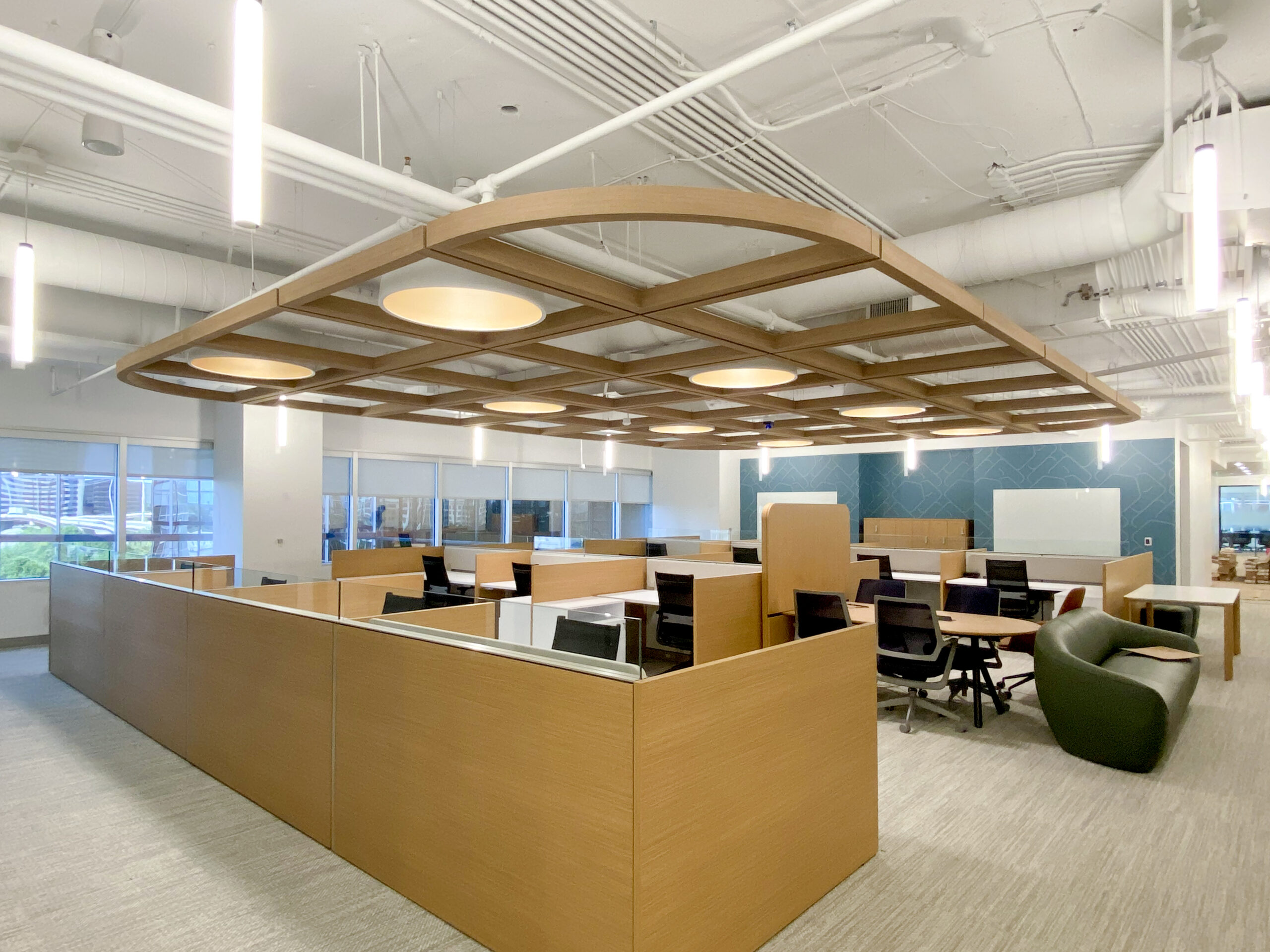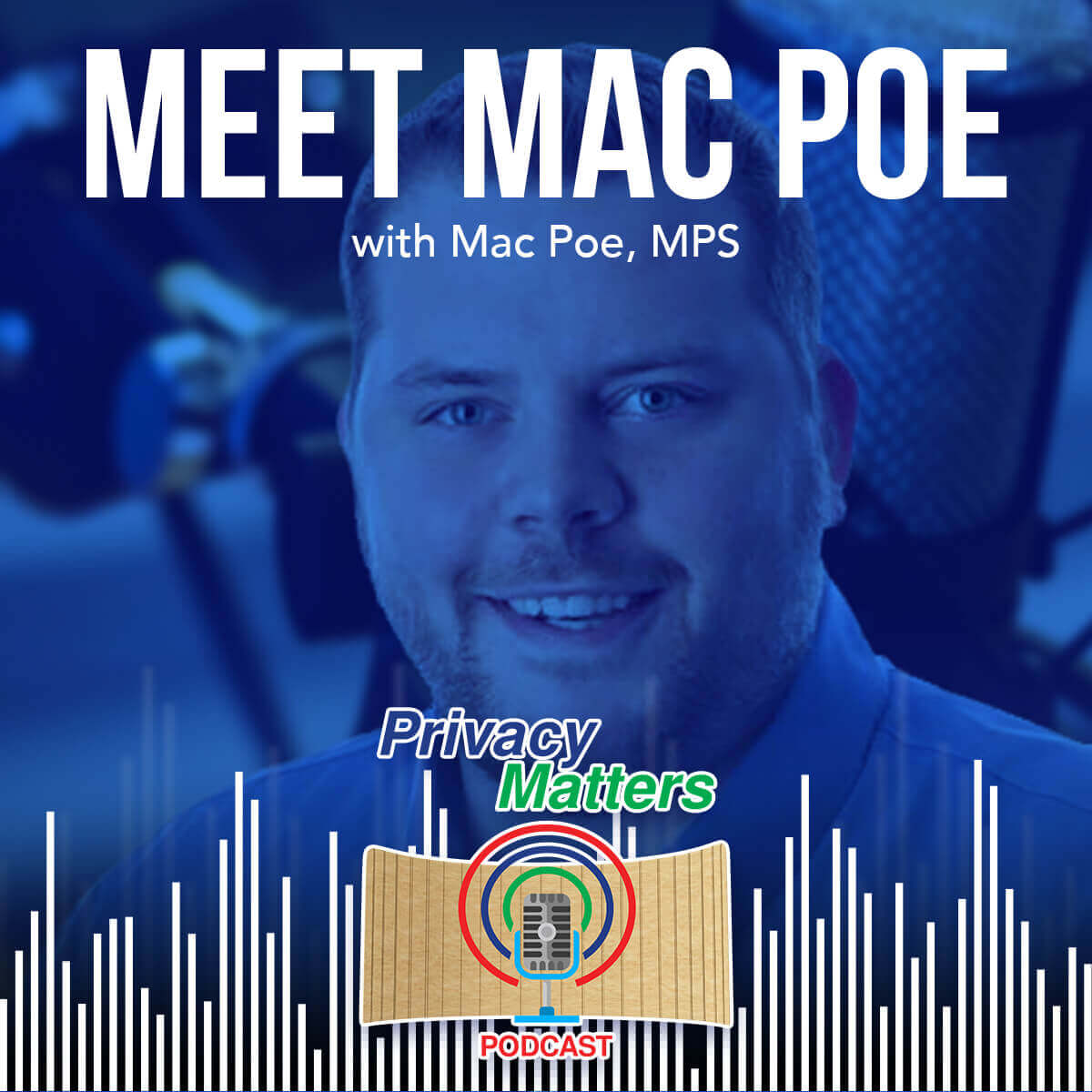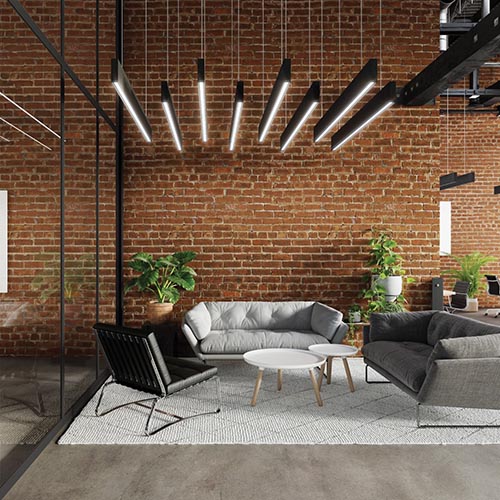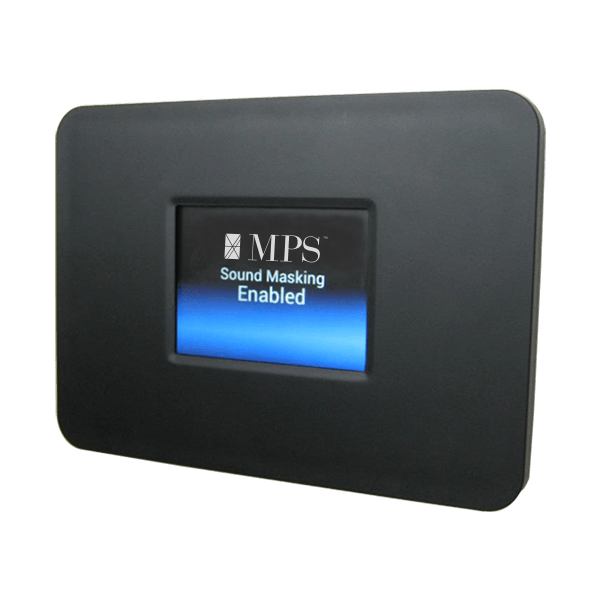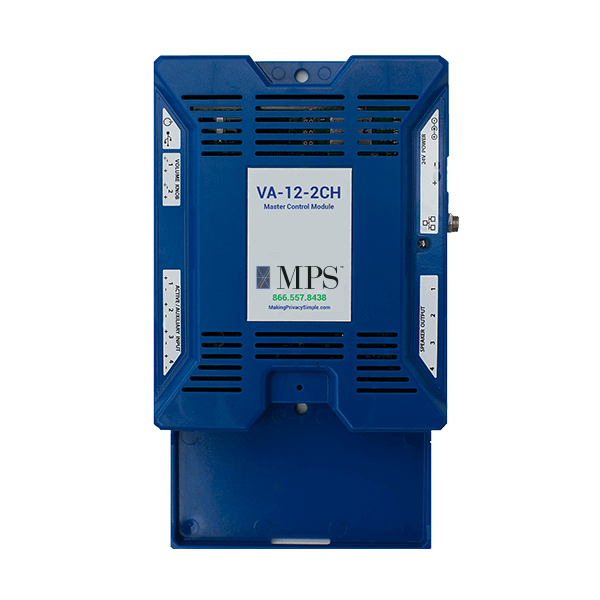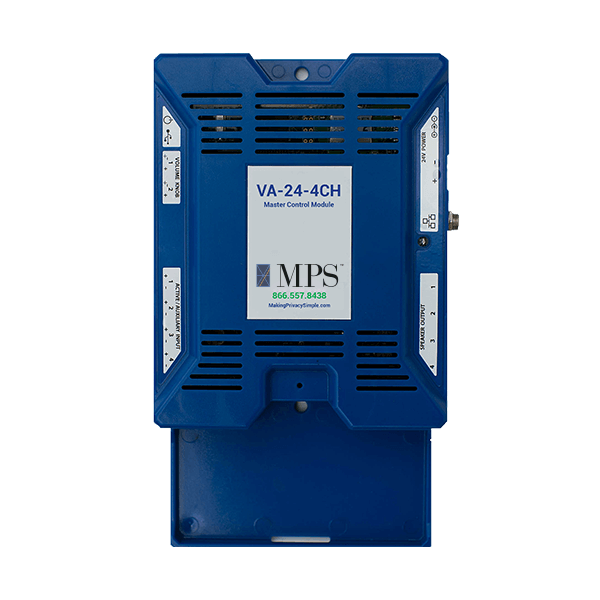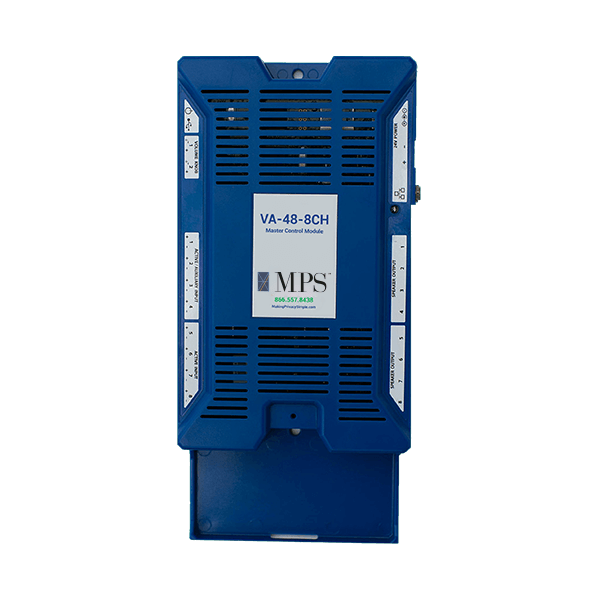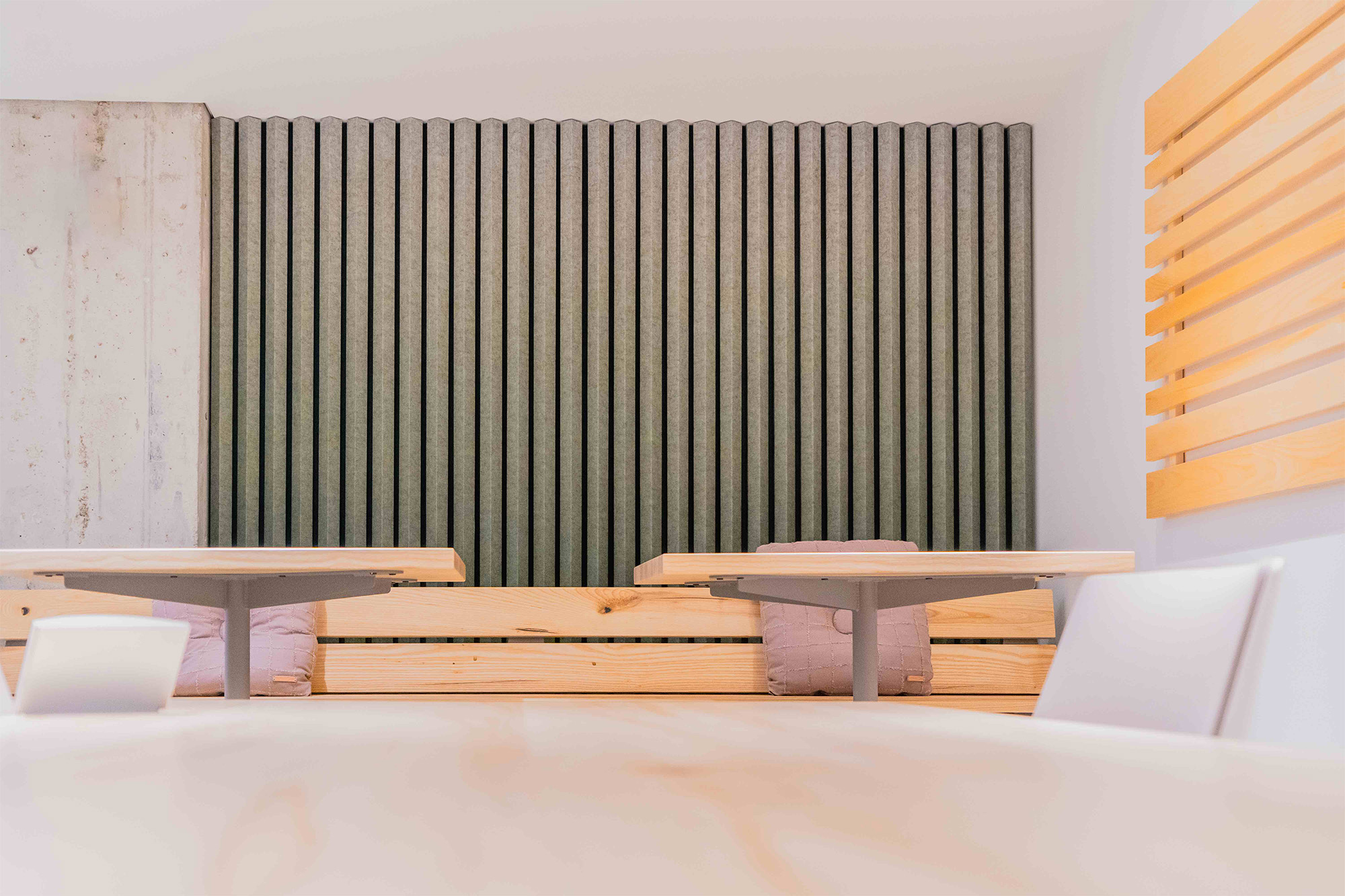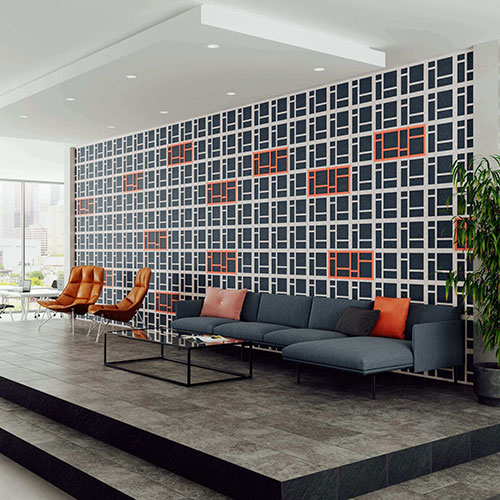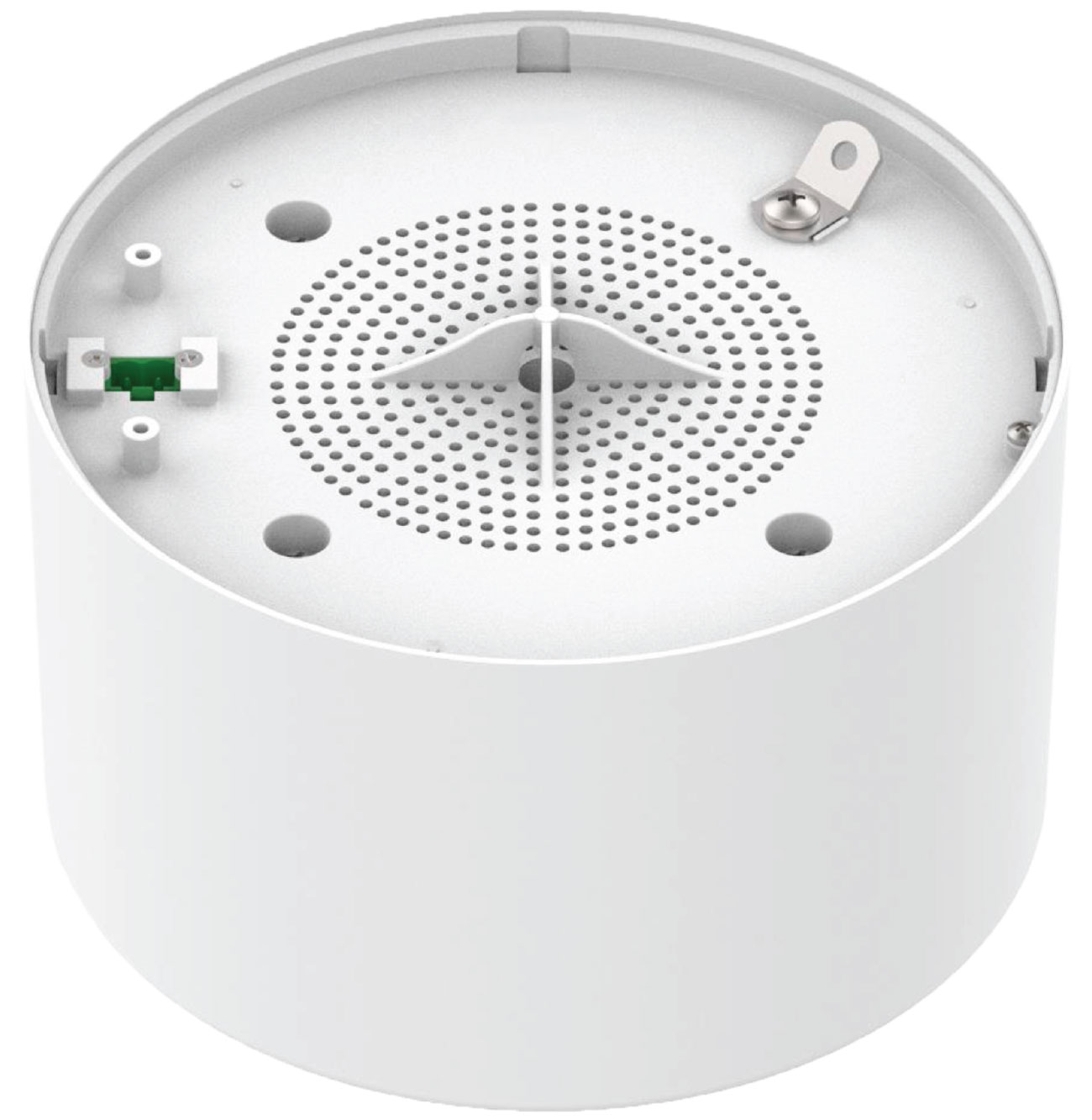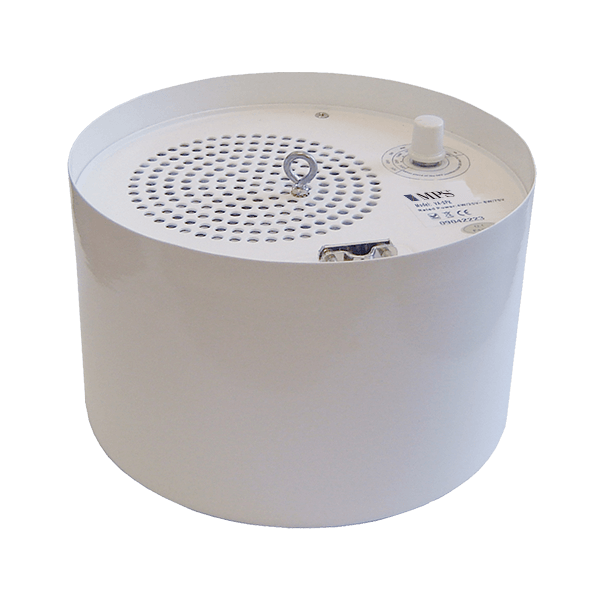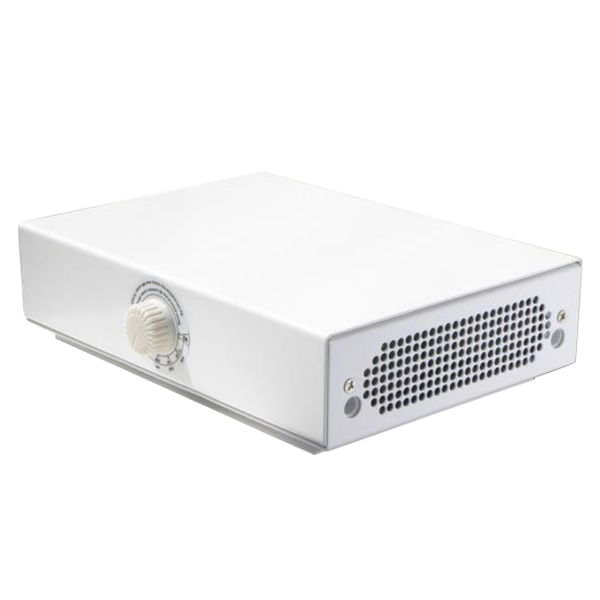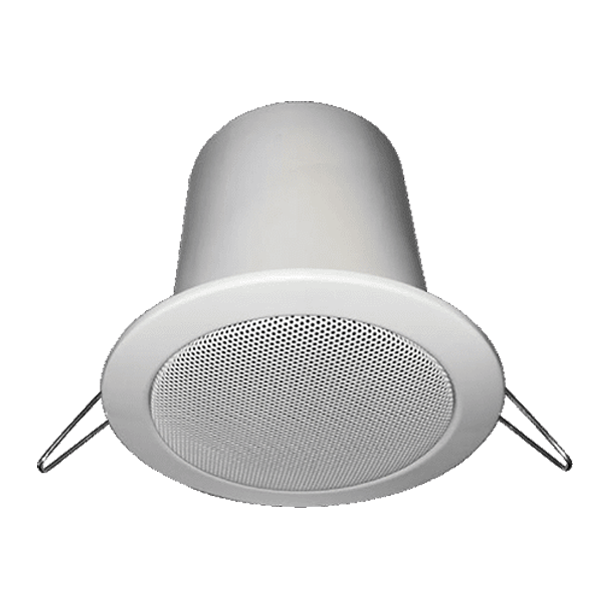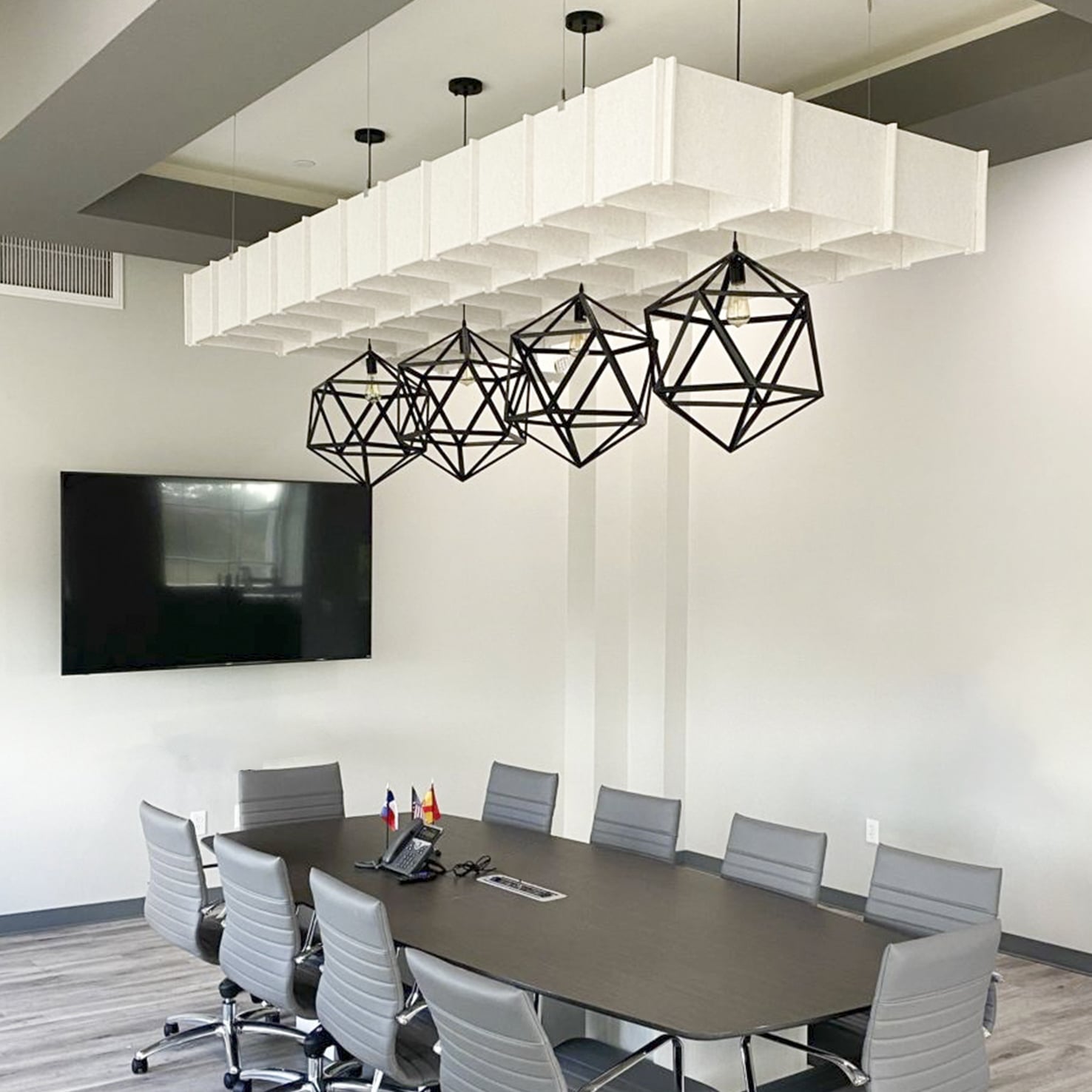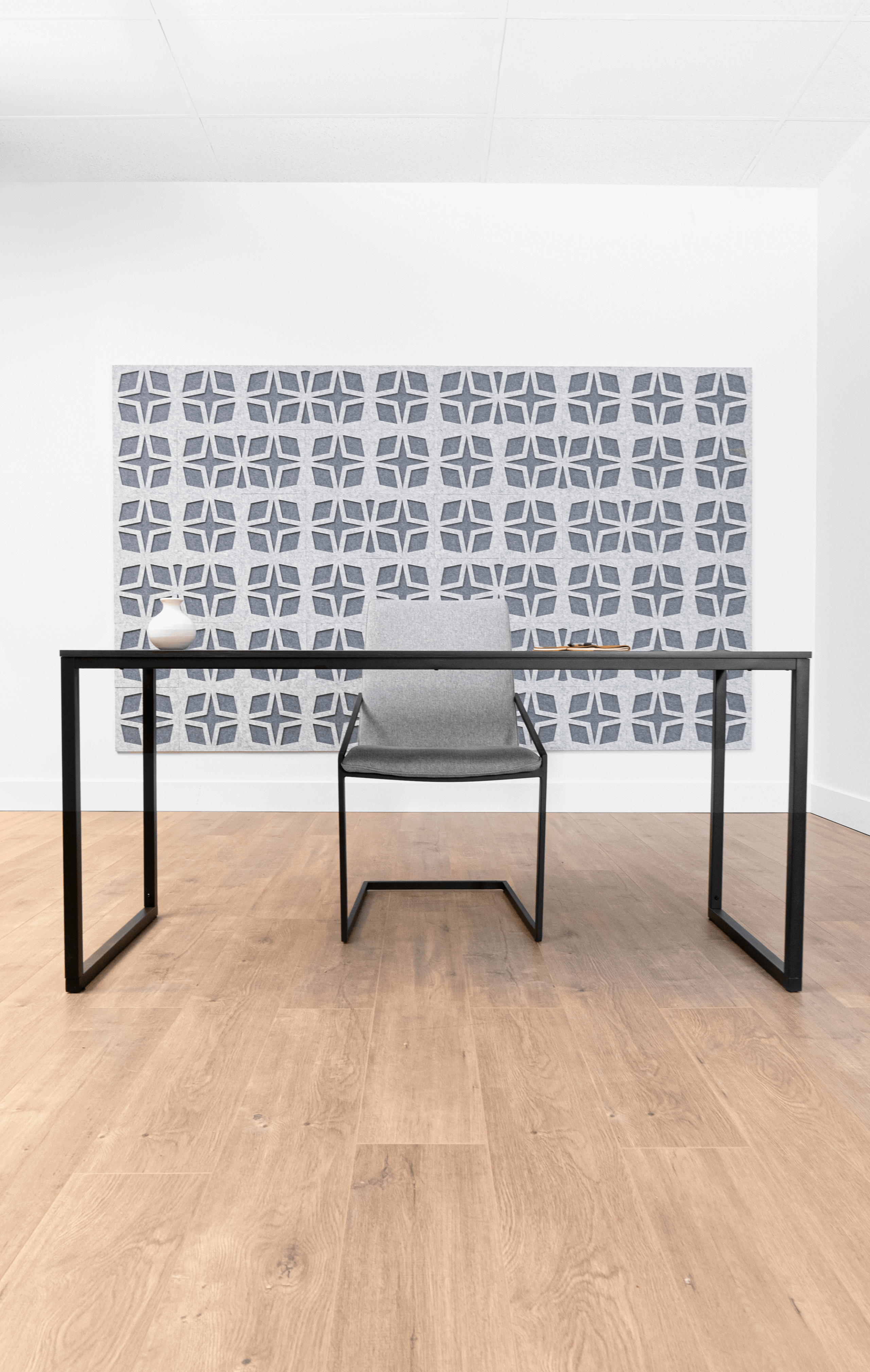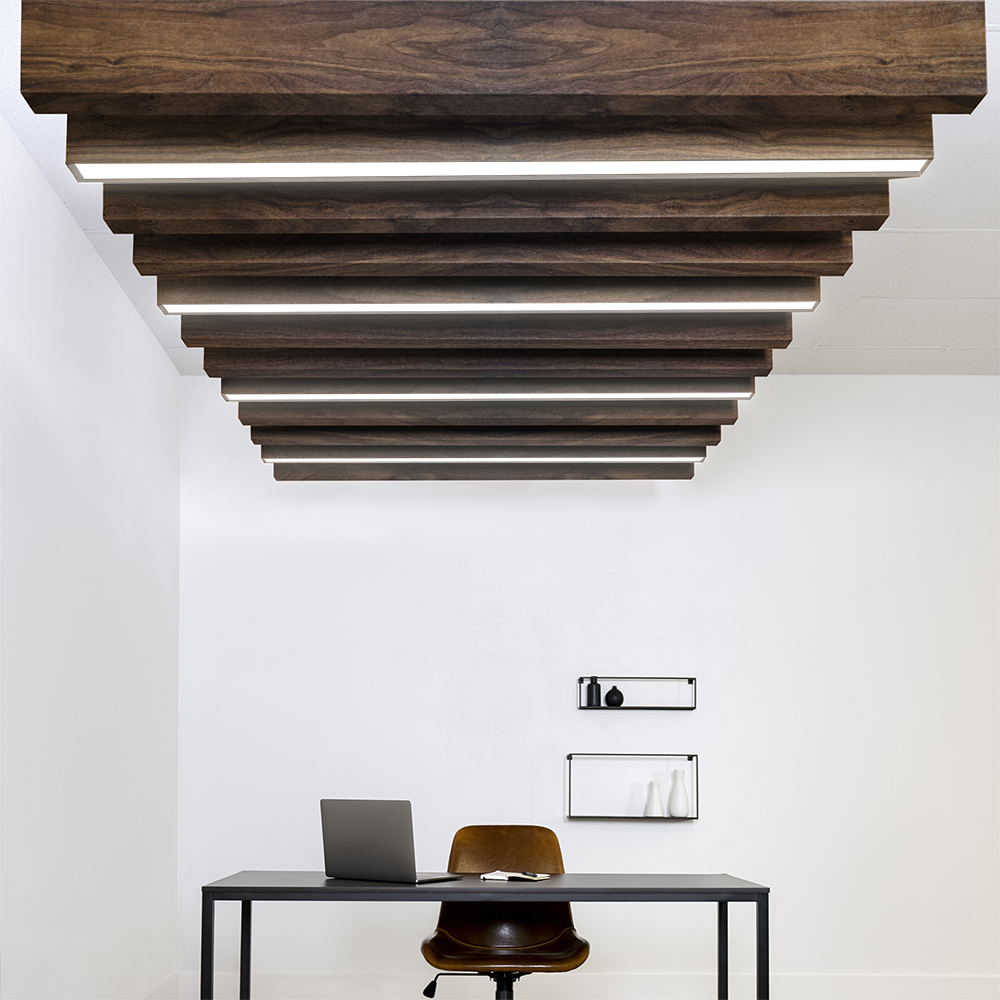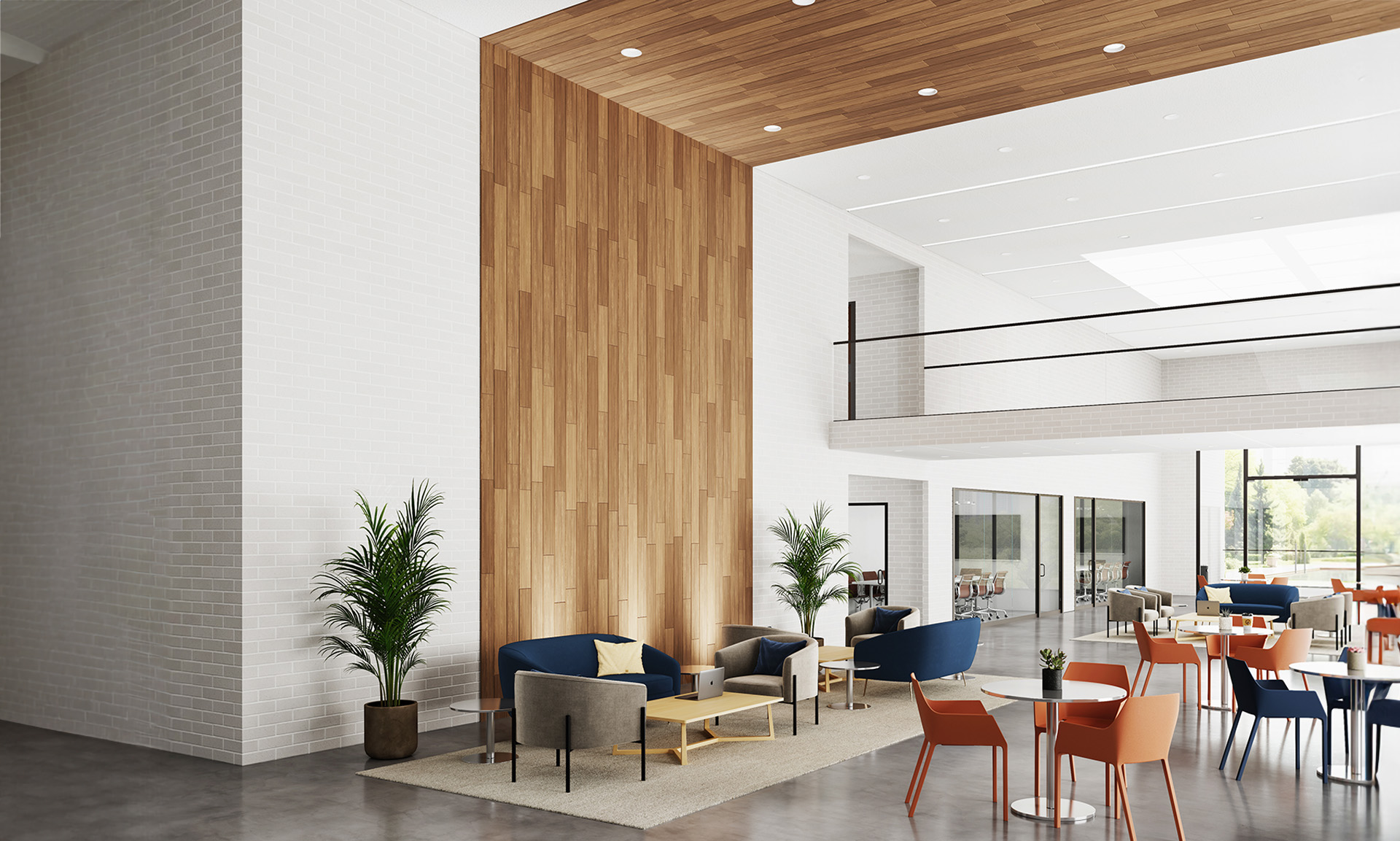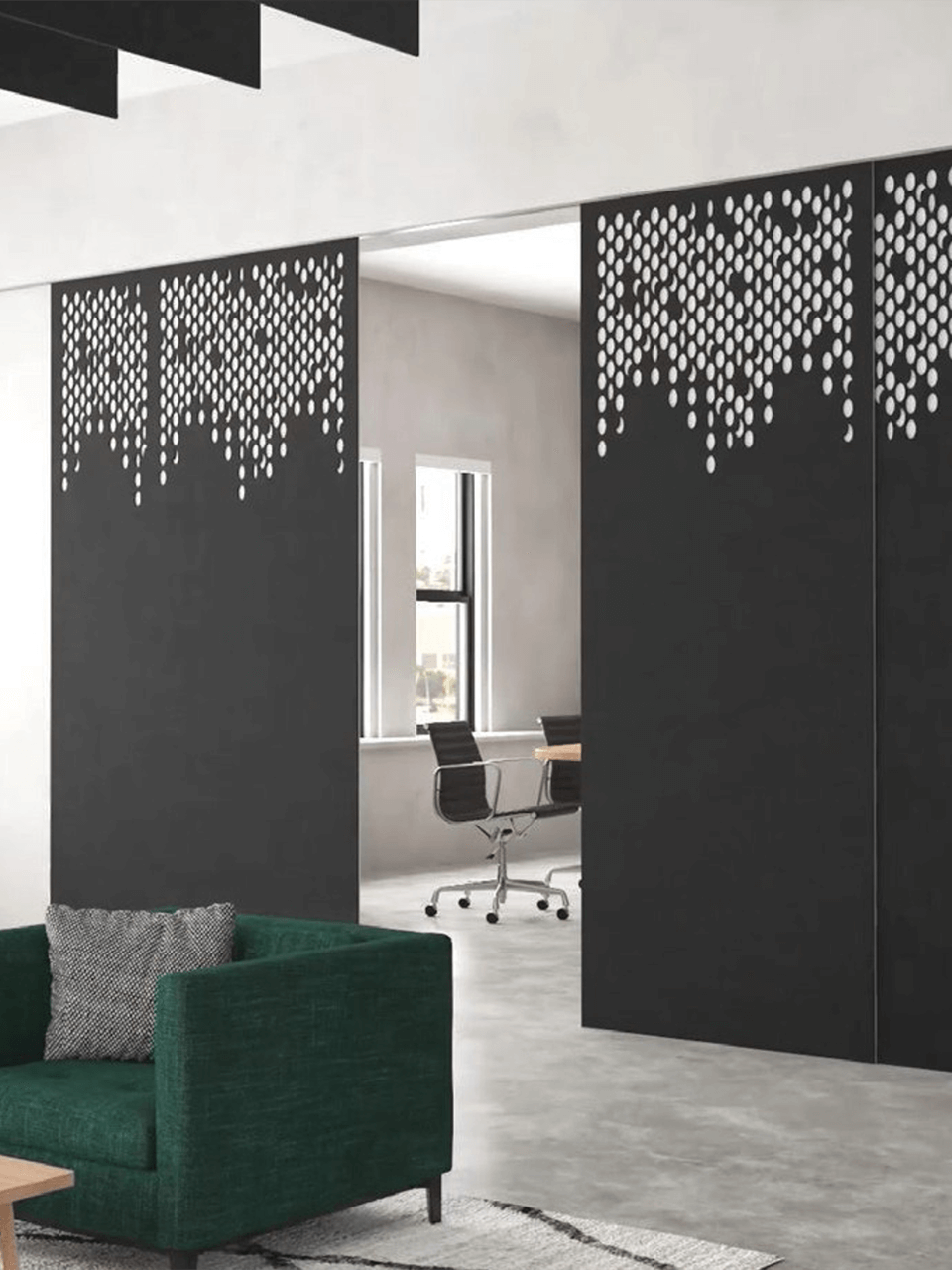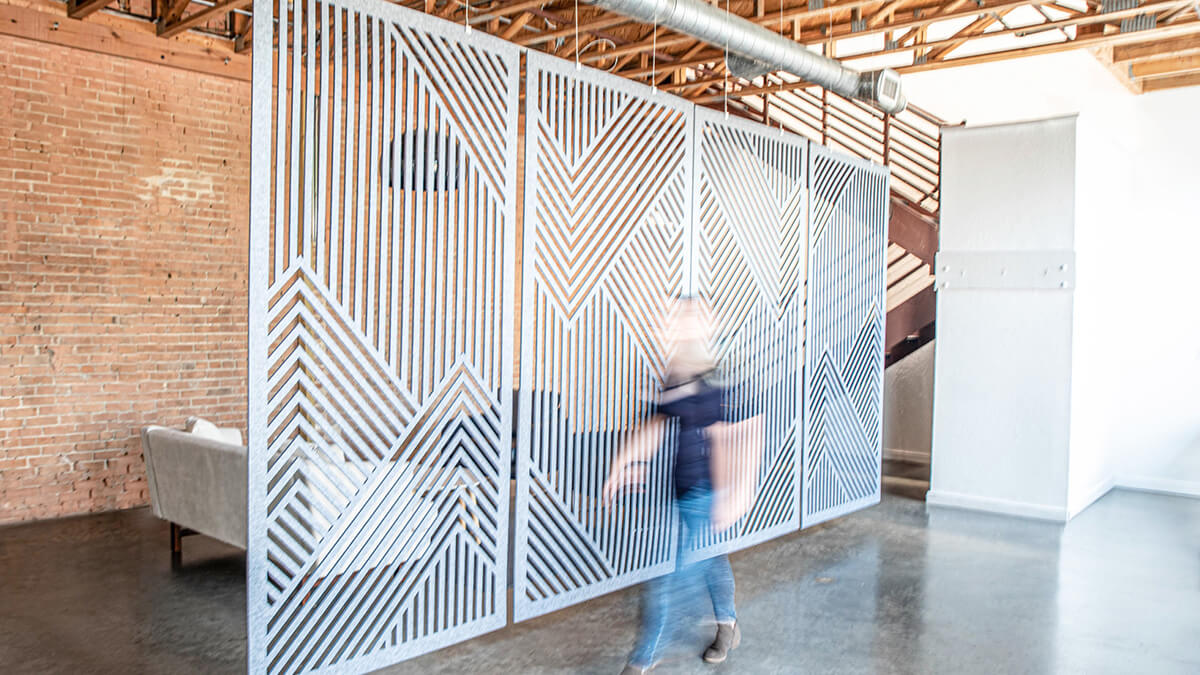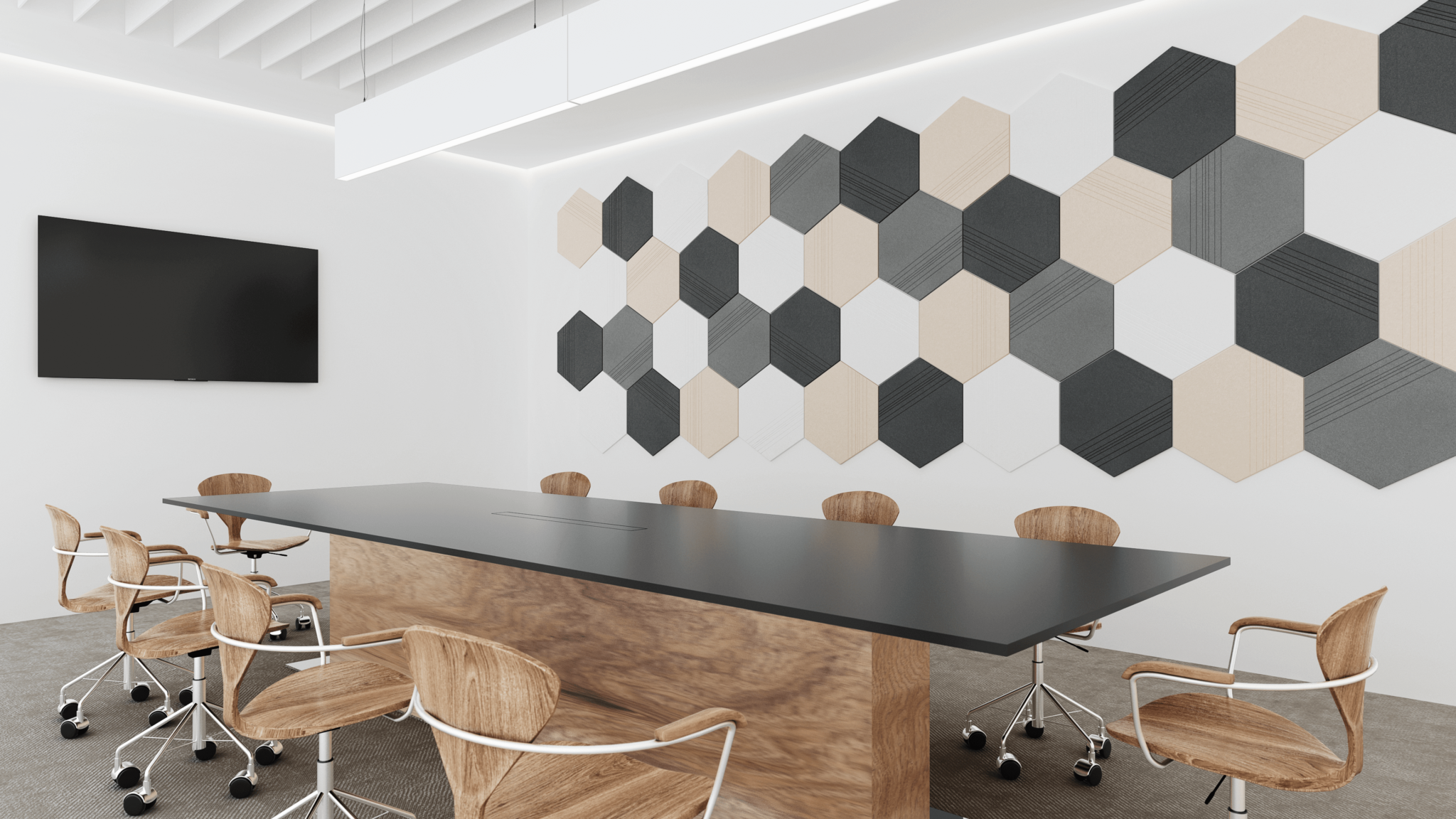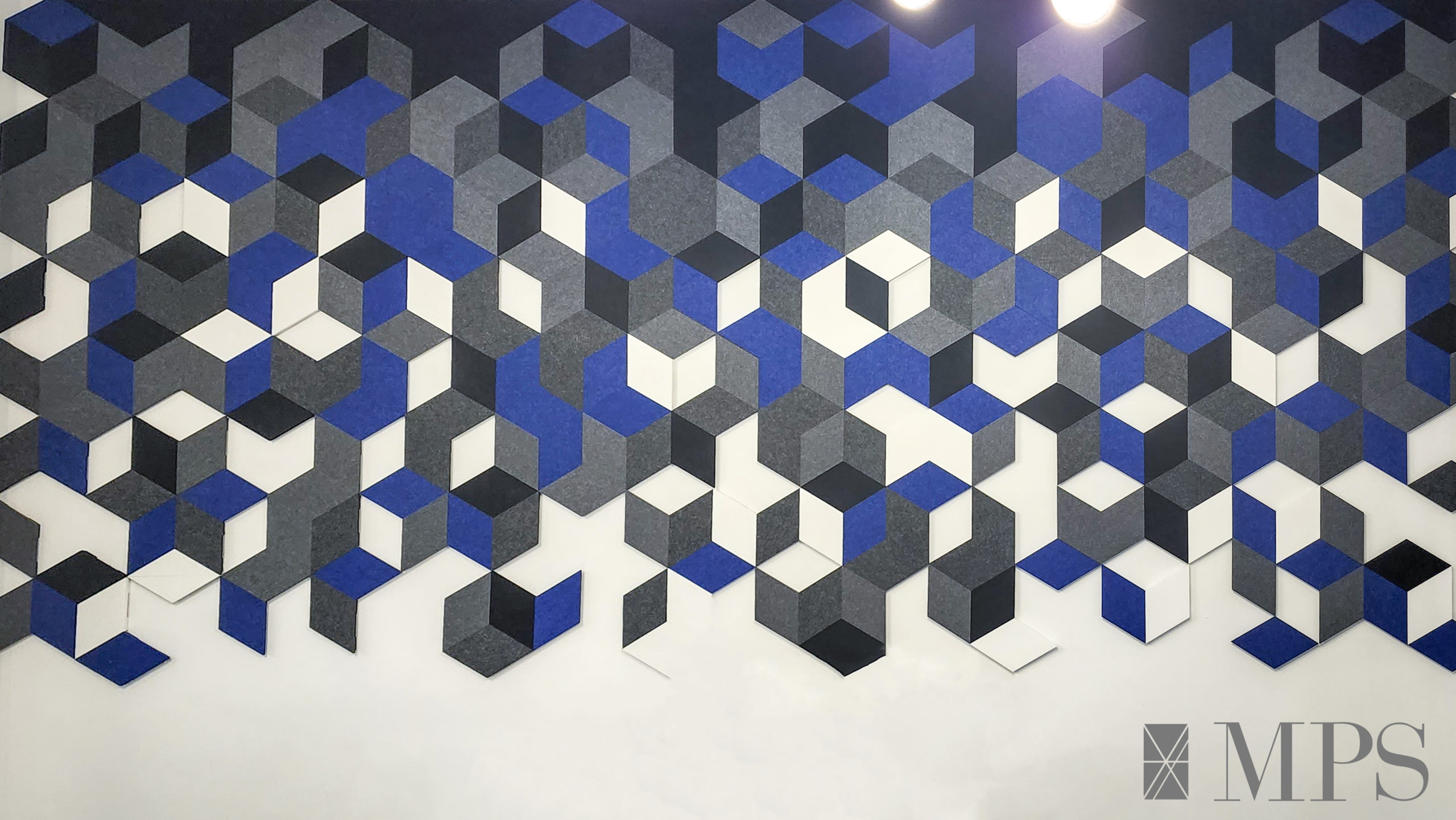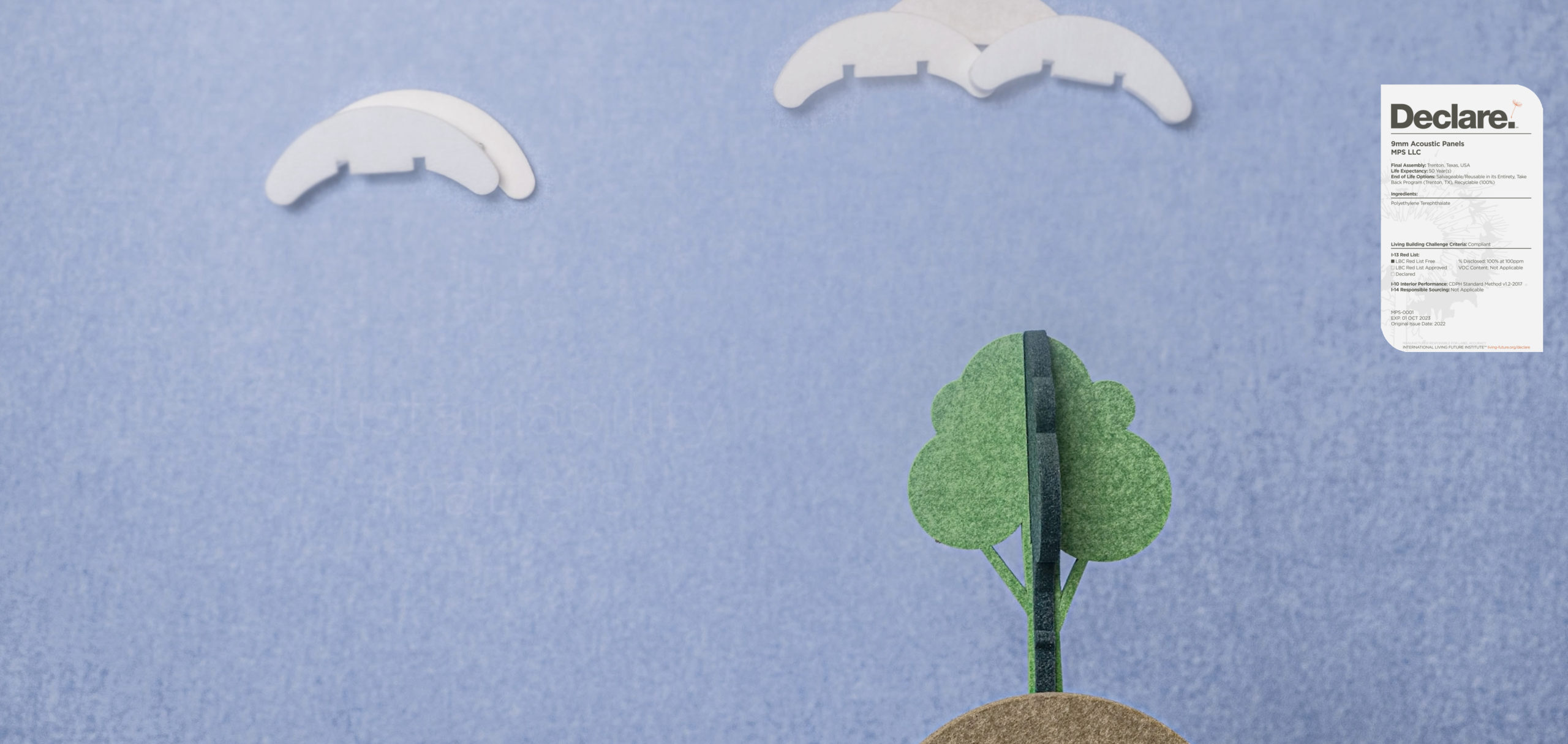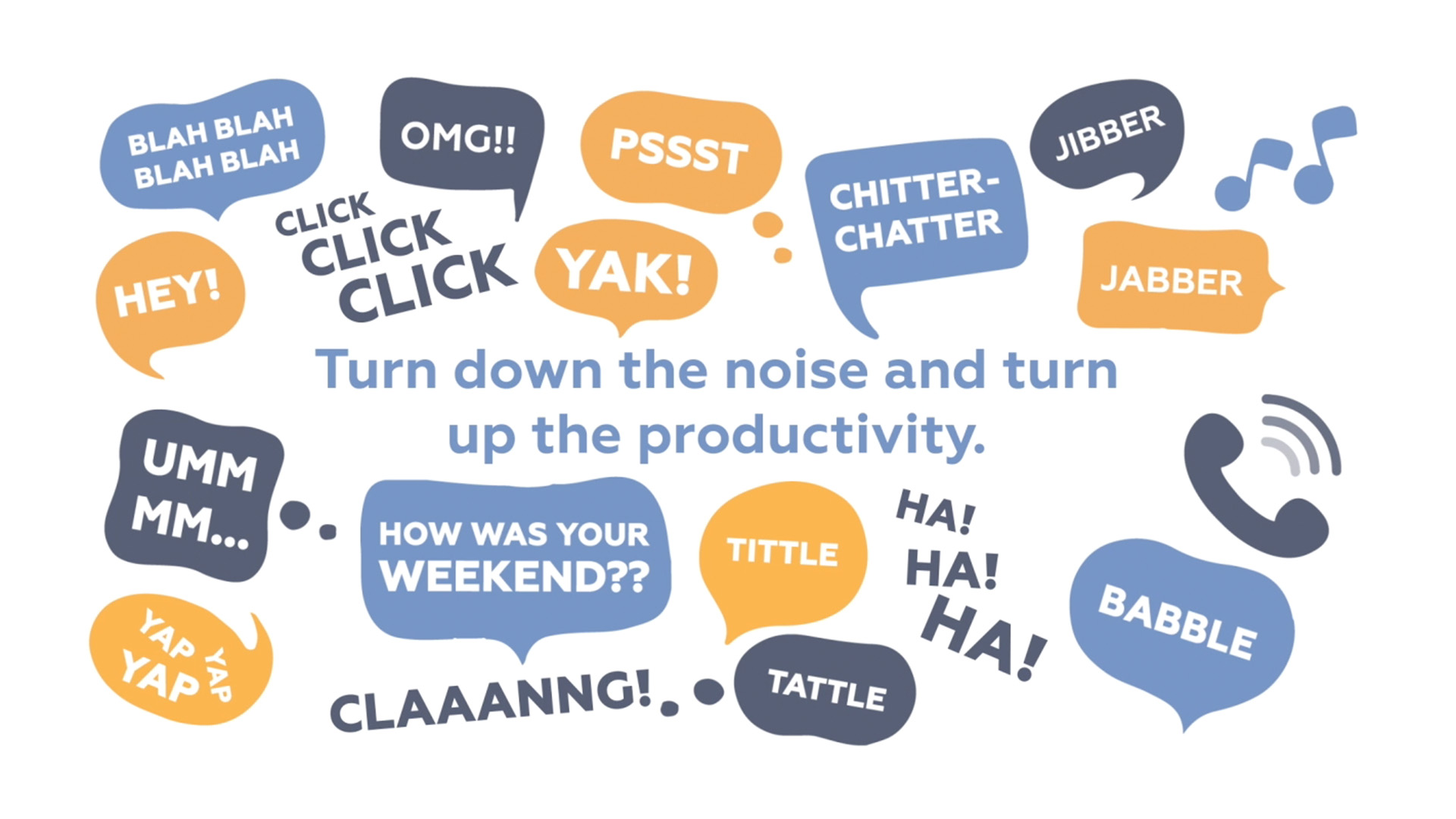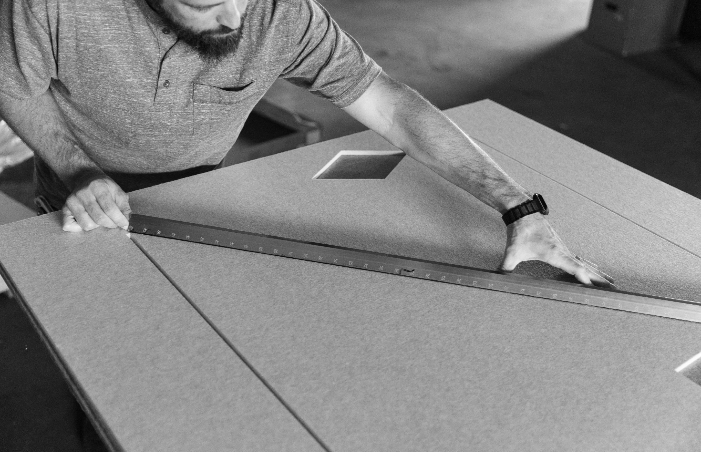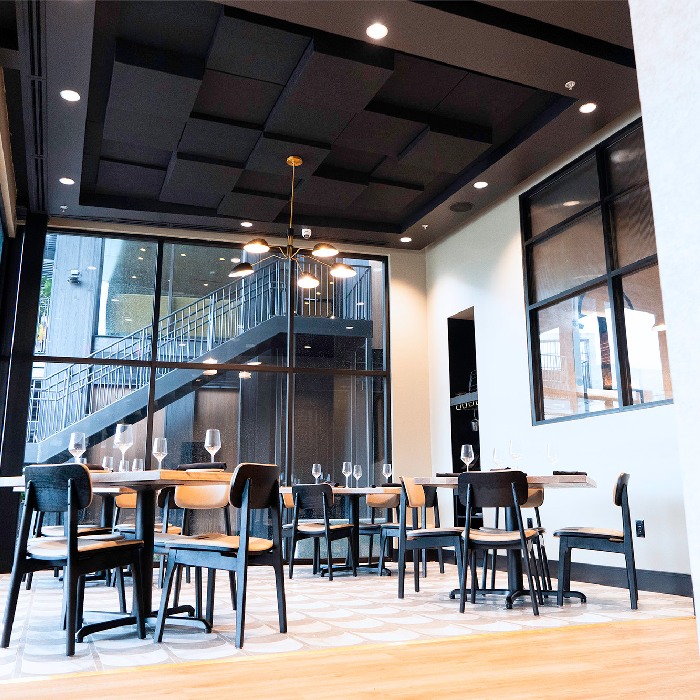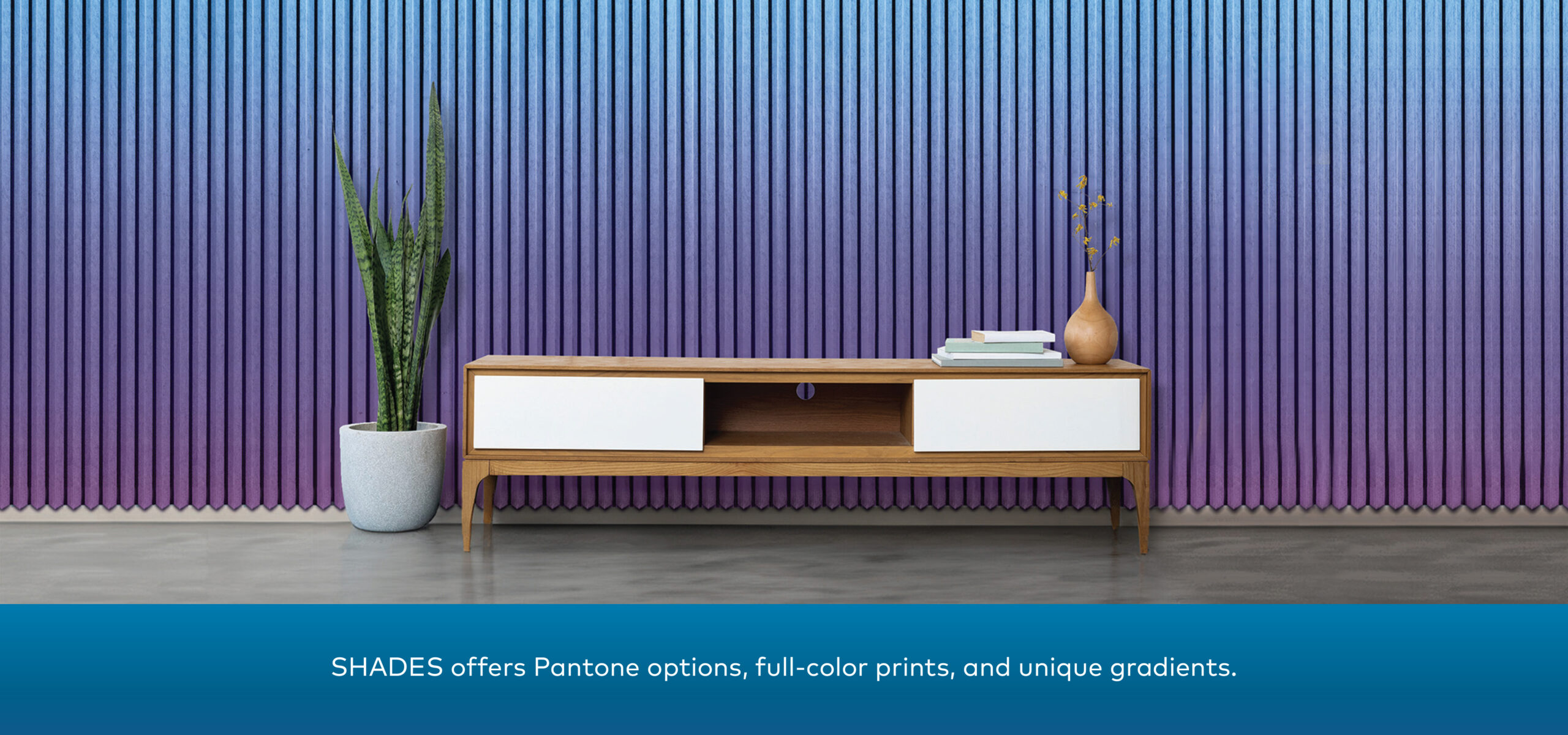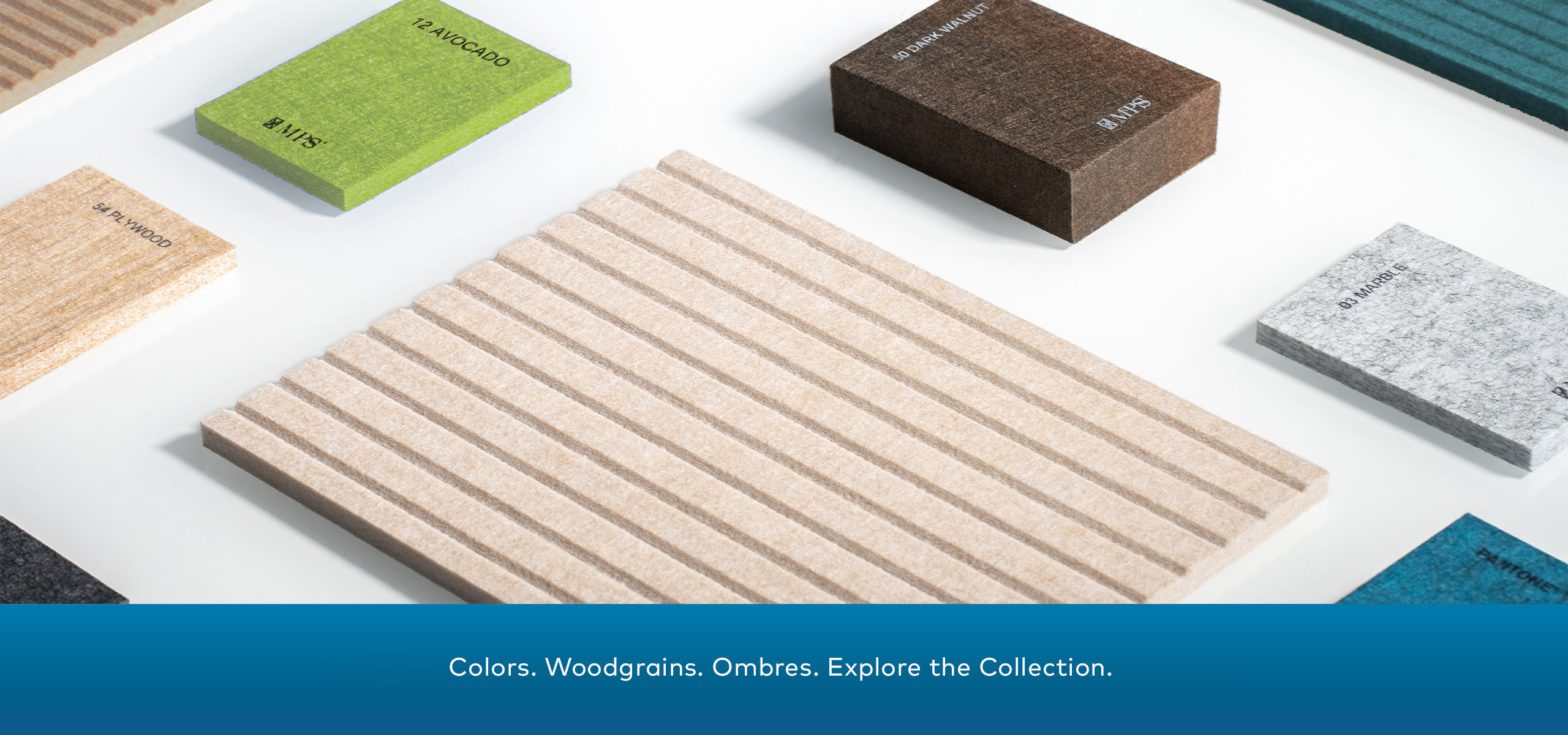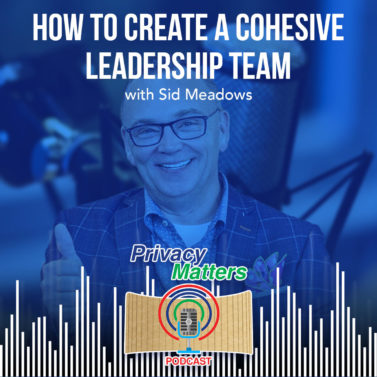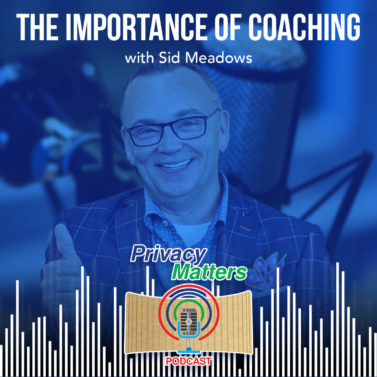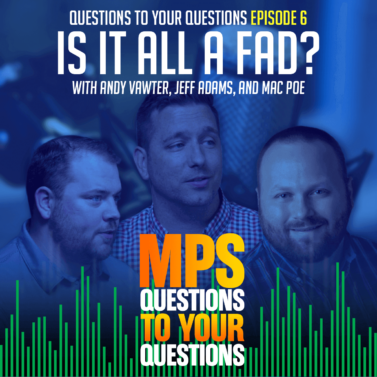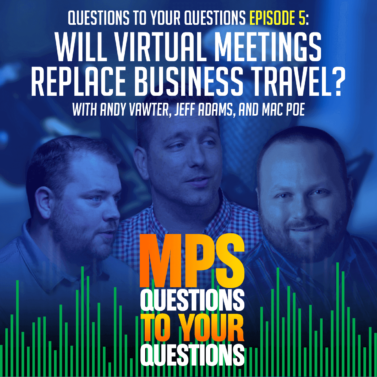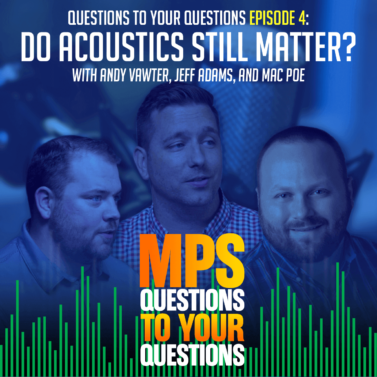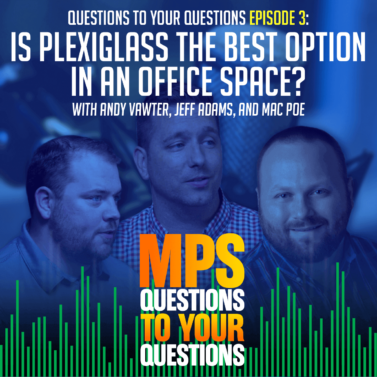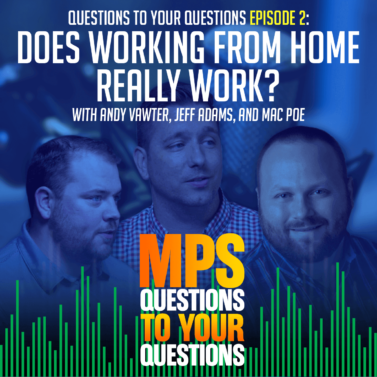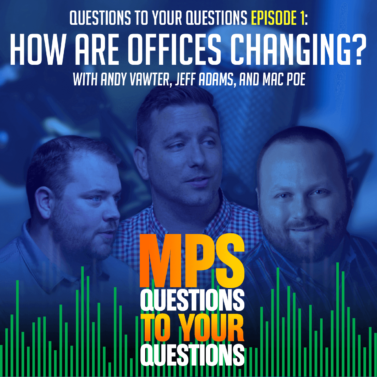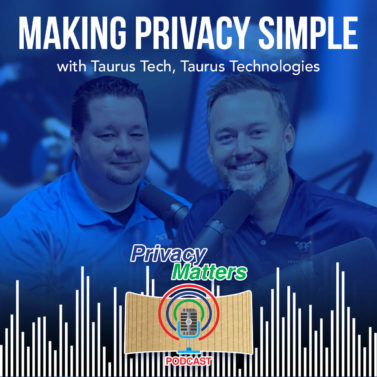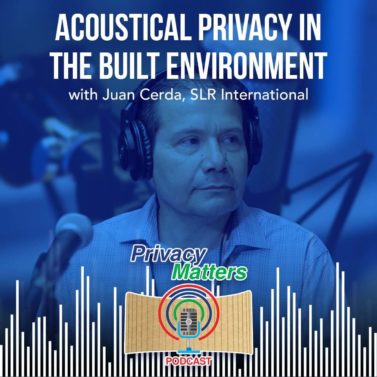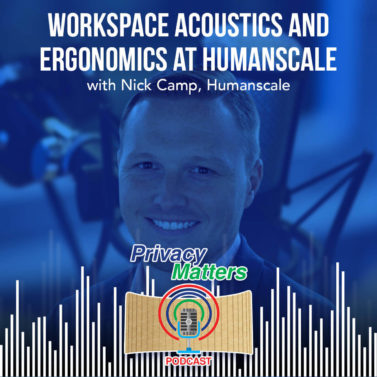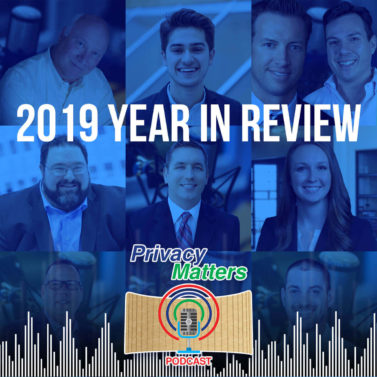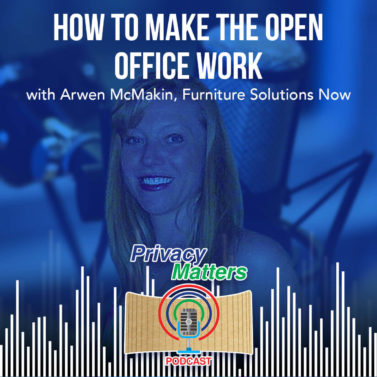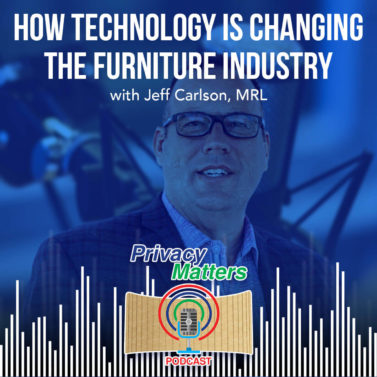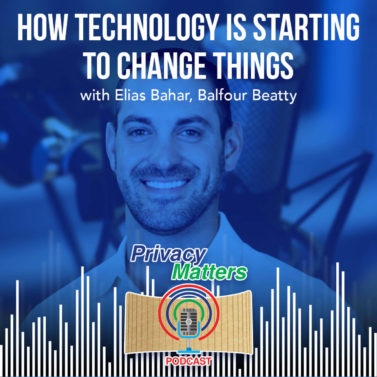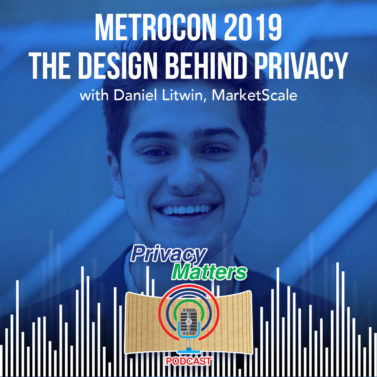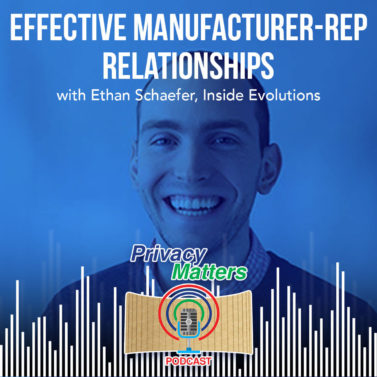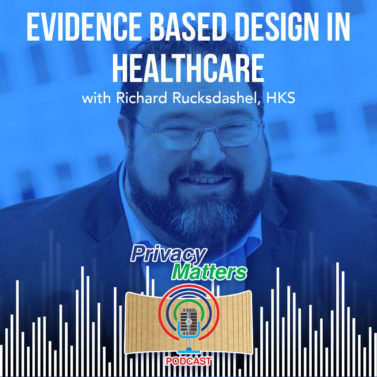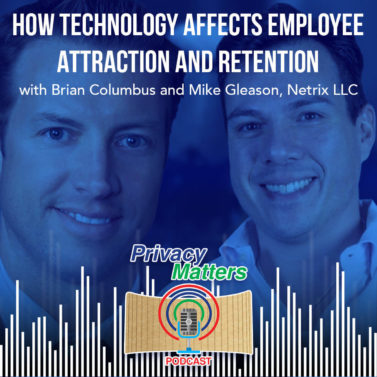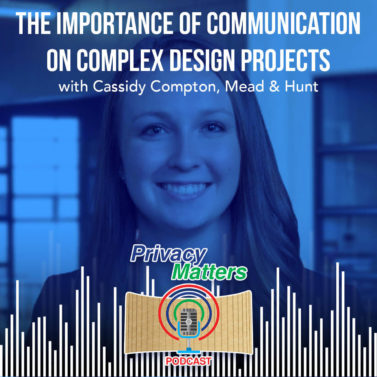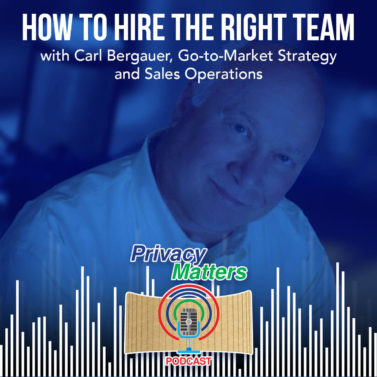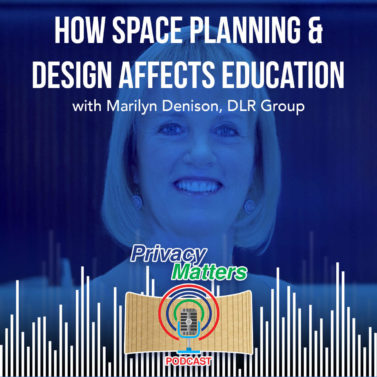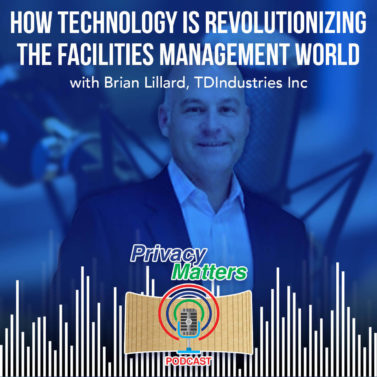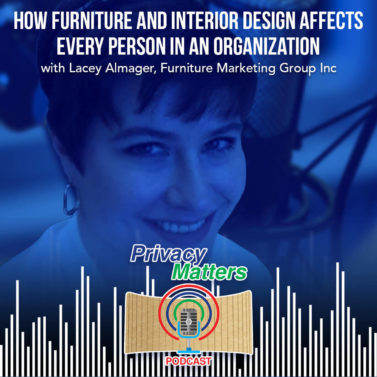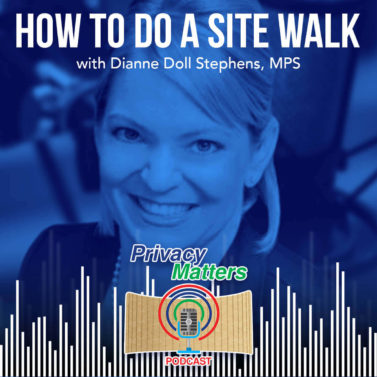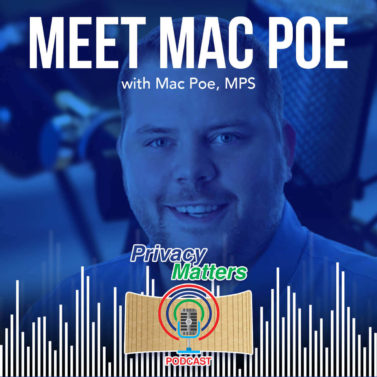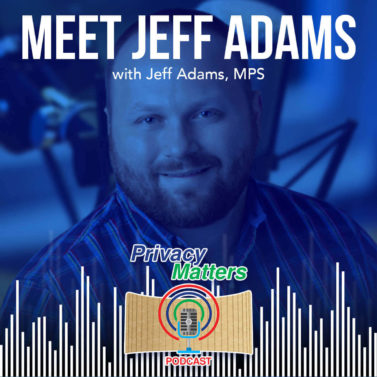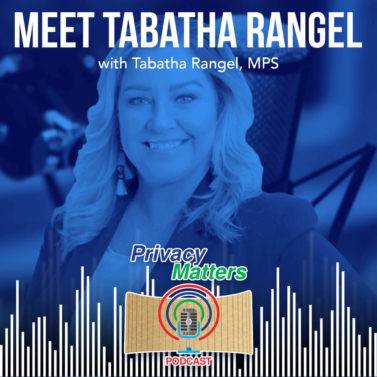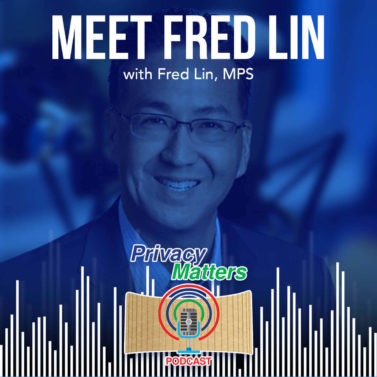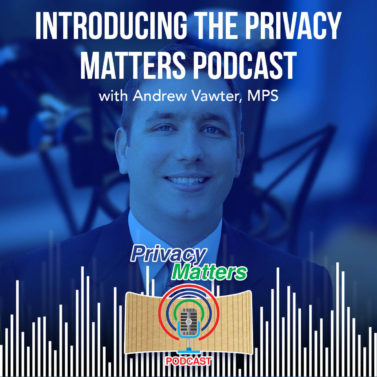Andy: [00:05]
Welcome to this episode of the Privacy Podcast. I’m Andy Vawter, your host. Today, I’ve got Mac Poe with this. He’s one of our key account managers and we are going to be discussing the competition. So it’s going to be a really interesting episode. We’re gonna we’re going to keep it clean and keep it friendly for the most part. Yeah. Jinks. But you know, we want our partners out there to know what we know about the competition and where we stack up or where we can differentiate and be a better solution for folks. So that’s what today’s episode is going to be about. So before we get going to the competition, first let’s talk. Mac, we’ve got you here. You’ve been with us for a few years. In a couple of different roles as well. So you got kind of a new role as a key account manager where we’ve really honed your focus into some key markets, key partners, things like that.
But tell us a little bit about how you started here. So before you get going, I’ll give a little bit of background. So before I came to Speech Privacy, I was a football coach and an economics teacher at a high school and Mac was actually one of my students and players. So we go back 10 or 12 years now to those years when he was a high school kid. He graduated, I moved on, I was at Speech Privacy and we were looking for an estimator. And so it just kinda dawned on me, “Hey, I know this, I know this kid he’s back in town.” He had gone to college and he’s back and he’s working but I think he might be interested. So that’s kind of how it all started.
Andy: [01:37]
So why don’t you just kinda share with everybody the story of how you ended up here?
Mac: [01:41]
Sure. Yeah. Actually, pretty funny story, not to get too of course here. But Andy actually slid into my direct messages on Twitter about this job opening which at first was a little troublesome but I decided to look at the message and open it. Luckily I did, he had let me know, obviously, his company was looking for a new role and then somebody to come in and help with that. And at the time actually fresh out of school, I was working at Cabela’s, which is a retail store around here in town. So yeah, all you had to say was 8 to 5 office job, Monday through Friday and I was pretty much there the next day.
Andy: [02:20]
Well, and to clarify the reason I had to slide into your DMs was that I had unfriended you on Facebook. So it’s such a friend again, we’re friends again on Facebook, but yes. Well, see what happened just to sidetrack this whole deal as students would always connect with me as they graduated cause I wouldn’t connect with them when they were students. And then I would have to like late in the summer purge of them all because I was tired of seeing all the crap that they were doing. So that was just a normal thing that I did but then the way to get in touch with you, I could message you on Twitter. So you know, that’s the new way that people get hired in the millennials to do it. (Mac: Linkedin you just use towards me.) Exactly, right. So yeah, so you came on as an estimator. You’re right. So you, you even asked, I believe after we hired you were like, I want to come on for less money but you know, it’s too late, you’ve already signed it. You started there and basically, you were an estimator so you were helping all the salespeople do quotes, designs kind of a gopher to like anything that needed to happen, tech support wise or just kind of, you were there for everybody.
Andy: [03:23]
And so obviously you excelled at that but what was the moment that you started feeling like maybe you had an opportunity to switch over to the sales team?
Mac: [03:33]
Well, part of that like you’d said kind of a gopher and doing sales support things. A lot of that tied into actually having to help out the current salespeople at the time with calls, whether it was technical calls or their dealer called and had a small question. They sort of pulled me in their offices for just about anything. Which was kind of annoying, but I didn’t mind helping. Well, what I found out after multiple months of that is all the salespeople started pulling me aside and saying, Mac, you should really look at, maybe trying to do a sales job here or something. You know, you’re really helpful to the clients and they always asked me to talk to you and things like that. And you know, always shrugged it off. I had never been in sales before that really. But again, a few months of that goes by and then I’m sitting in my office and I’m starting to think to myself like, Oh, you know, I feel like I could really do something here. And that’s when I started actually getting in your ear and saying, Hey, Andy, you got any books. I can read anything I can do and eventually, luckily it changed into that.
Andy: [04:38]
It’s kinda funny that you replaced some of the salespeople that were telling you, Hey, yeah, you should be getting into sales. And then, you know, the old somebody got fired to make a position for you available. So, you know, that’s just business. But you got into that role and very quickly started working your tail off. You excel, people like you, that’s, you know, the first step. Well, I mean, you know, we can say this, right? So hopefully some of the folks listening know you in life, you emails after this. Right. But honestly, that’s the first step. If people like you that sort of trust you and I want to work with you more. And I think the fact that you were an estimator and got into tech support and we’re just really good at being there for other people in the previous job kinda gave you success in the sales role as well because now people liked you, but then you were also really dependable and you can jump on things for folks. So yeah, you started there and then had success a few years of doing that and then now. That was really a broad account manager style role where you were doing quotes, making sales, but a lot of it was more farming, getting opportunities brought to you. And so now we’ve transitioned you a little bit more into an account manager, key account manager role. So you’re doing some more business development along with some of those existing accounts that you’ve established.
Andy: [05:55]
How would you describe your way of interacting with folks? What salespeople like about you? What’s your style in the role that you do now?
Mac: [06:09]
Right. Well, it’s funny that we talked about how we got here at the beginning because it really ties into that. One thing I felt very lucky in is that when I started here, it was not in any type of sales capacity. So because of that, anytime I was working with clients or dealer salespeople, reps, anything like that. There was never an ulterior motive I guess I’ll say. I really always had their best interest and what they needed to happen in mind. It was never, okay, I need this or I gotta make sure I get this done for me. It was always about helping them. So that mixed in with a lot of hard work and, continually learning and making sure I’m setting myself up for success at the same time. It’s really been the recipe.
Andy: [06:55]
Yeah. That’s funny cause you were such a horrible student my time. But I’m just gonna be honest here, we’re just going to put that out there. (Mac: I shouldn’t be called in for this. I can’t believe we’re in the same office.) But no, you’re a bad student. Let’s just be honest but now as an employee and once you got into a career, you really started jumping into getting certified at different sales programs and reading books, listening to podcasts, really trying to get to become a professional at your craft. I think that’s been something that you’ve obviously grown at is taking that mindset of always wanting to learn and improve and get better, which is I think one of the Speech Privacy kind of mindsets. (Mac: We’re looking for is.) These folk that constantly are trying to improve until you finally reached that. Not nevermind and you never actually reached that. It’s true. It’s one of those deals where it’s like there’s always something I can get better ever ending.
Andy: [07:47]
So how can dealers and reps best work with you? The ones that already do, they could probably answer those. But from your perspective, if we were talking to maybe a new dealer salesperson or a new company, how could they best work with you and what could they expect?
Mac: [08:03]
Right. Well, a lot of the dealers and reps that I work with right now, one of the things that we’re always having conversations about and the things that they’re always telling me is that they appreciate the fact that I can step in a lot of the time. Not all the time, they’re obviously out there on the streets, but a lot of the time I’m able to step in and help them with anything from dealer calls, end-user calls, talking to their client, helping educate them. You know, one thing I’ve learned very quickly about this industry, in general, is everyone is extremely busy. Everyone’s going on appointments, everyone has a call, their phones blowing up. I know this is the case cause every time I call people, sometimes the voicemail is full and that’s a little crazy. But at the end of the day, they appreciate that they can trust me, that’s really what it boils down to. They understand what I’m capable of and my work ethic and because of that, it allows them to trust me with their clients, with their projects, with presentations, anything like that. So anytime we get a new dealer salesperson or a new rep of ours, my message constantly at the beginning is just, I can make your life easier so let me do that. And it usually takes a couple of weeks cause they don’t trust me on that first call but of course, built into that.
Andy: [09:14]
Sure. Well, that’s great. You’ve shown that some of your best dealers, that’s kind of their thing is they just know that give it to Mac, he’s gonna knock this out. Every time I see people that I’ve never met before, but they know you. It’s, you know, they’re high five and you’re not even there. So, I mean, they’re talking about how great you are, how much easier and simple you make a life for them which is really the role that we want to play is how do we make an acoustic symbol for our partners.
Andy: [09:42]
So let’s move into the competition cause I don’t want to eat up our entire time of some. (Mac: Yeah I am getting a little uncomfortable if just talking about myself.) Let’s go back to your childhood. I’m kidding. So let’s talk about the competition, get some mean potatoes here in this conversation about something that’s really helpful to our dealers and reps out there if they’re listening to this. So like I said, we’re going to keep it, you know, kind of clean. I don’t want to get to, you know, we can get real personal and hurt some feelings here. (Mac: But you said kind of by the way.) Kind of, yeah. So but let’s talk about the competition, where we stack up against them, where maybe their shortcomings are and where we differentiate and even how we’re similar to them in some ways. Sure. You know, kind of just kind of go down that a little bit, but I’m going to start with the fact that we have to separate our products into two different competitors because we are literally the only company that can do both absorption and covering nationwide. Everybody on this list as one or the other and so we have two lists of competitors instead of just anybody that’s similar to us. So I would list that as an advantage that we have.
Andy: [10:48]
So let’s start with sound masking, who would you say are some of the main competitors? There are only a few manufacturers, but there’s a couple of top competitors that we run into. Who would you say they are?
Mac: [10:58]
Sure. Yeah, with sound masking, Lencore is one that I’ve run into in the past in New York. (Andy: Out of New York.) That’s right. And then also Cambridge, Dynasound, Biamp, which I think is all the same thing now I’m not sure.
Andy: [11:12]
Yeah, so for those listening, Cambridge Sound Management was a company out of the Boston area. They purchased Dyna, well they got purchased by an equity firm that then purchased Dynasound, who is I believe out of Georgia. They were one of their competitors, so they joined and then that company was purchased very recently by Biamp, who is an AV manufacturer. They do a lot of conference room audio stuff and they’re pretty sophisticated stuff. So I believe Amazon is in the works for picking them up pretty soon. (Mac: We’re going to host this behind that.) Yeah. So pretty soon a blimp is going to drop some emitters on the job site just to run with two-day free shipping. So anyway. (Mac: We’re in the middle of getting our drones as well. So don’t worry.) We’re ramping up our operations to compete. Anyway, that was a long rant to say Cambridge, Dynasound, Biamp is one company, so you’re probably gonna see more Biamp moving forward. But I think a lot of people still refer to them as Cambridge and the furniture dealers, especially Steelcase dealers refer to them as QT pro, which is the name of one of their products. But that’s kind of what they’ve pushed through the Steelcase dealers. So just for our reps out there, if a Steelcase dealer is talking about the word QT pro, that’s the company they’re talking about is Cambridge, Biamp, Dynasound. So those are probably the two main that we run into. (Mac: The two biggest.) There are a couple of others but just for the sake of time, we’ll just kind of hit those two.
Andy: [12:41]
So the harder question is how are we similar to these ridiculous companies that we hate so much, right? That’s really similar to that.
Mac: [12:48]
Well, we’ve gotta be honest here that’s another rule here at Speech Privacy. So I’ll start with Lencore with Lencore, just if you were to take what we do and boil it down on either side and look at it, they are one of the most similar to us (Andy: From a product standpoint.) Just from a product standpoint, not in how we’ve just from nuts and bolts. And they actually break out into a couple of different systems but the main system that I’ve seen them start to specify a lot more as is fairly similar to ours. I’m just in nuts and bolts speakers. (Andy: And now has you know, the upward-firing, plenum based speakers.) In the ceiling, normal stuff. (Andy: yes, a computer-based software program to control the zones and everything. So yeah, it’s not a bad system, honestly.) It’s not bad. They have a couple of like I said, they have two different types. The other type that we didn’t talk about just now is a little different. It’s, I don’t. (Andy: older than you.) Yes, definitely older than me. So I would say maybe caveman, right. That kind of system. (Andy: It’s an old system. They still sell it a lot because it is cost-effective.) So sure. Yeah. Anytime they get at a situation and price is a big driver which I’m sure everyone will agree that never happens, but that’s something that they’ll put in there.
Andy: [13:56]
So we’re talking just so everybody understands, they’re sophisticated, a good system is called INET. Yes. So if you see a little I N E T that’s that system. Then their older classic system is the Spectra Classic. So if you ever see that on a bid or something that differentiates. (Mac: That’s sound old.) They use the word classes in the name. So he’d see, classic anything then you kinda know what you’re up against as far as how to have conversations about what we’re providing versus what they’re providing. Sure.
Andy: [14:29]
How else are we similar go to market strategy, anything like that?
Mac: [14:34]
So with Lencore, we’re not similar to it’s kind of in-between with Lencore. So (Andy: they’ve complicated.) It is a complicated, complicated relationship with us in Lencore but they do have somewhat of a dealer strategy. One thing that I’ve had partners in mind tell me in the past is that on certain projects they may or may not have been cut out of it because Lencore has already provided a price. (Andy: So they, they don’t have as open of a dealer partnership relationship is maybe we do or as others do.) Yes. That’s definitely fair to say. Again, not that they’re a complete direct sell company, but there’s less of an emphasis on working directly through dealers and the importance behind that.
Andy: [15:18]
And there’s one thing that they do that we don’t, and actually nobody on this list does is the life safety emergency notification, mass notification, flashing lights, the active shooter, you know, that type of stuff. And they’ve really pushed into that pretty heavy lately. They changed their logo color to orange, which is very abrasive, but it’s like a warning, you know, that’s kinda their thing right now as I’m pushing that way, which good for them because that’s a market that we don’t touch and others don’t. So it’s good for them to kind of go that direction. But all we can tell everybody is that we don’t want to touch that because most of our dealers don’t want the liability of having to put something like that in space because then you’re liable for the service of it. And you know, (Mac: My phone number is not going on that one.) Right. Exactly. So that’s great. They can do that all day long. We don’t, and I don’t believe Cambridge does or anybody else.
Andy: [16:10]
So how about Cambridge, Biamp, Dynasound, Elemental P. What (Mac: Amazon?) Tell me more about them. What? So are we similar?
Mac: [16:19]
Sure. Well, I would say we’re, we’re a little more similar in a couple of ways. There’s one half of their product line now, which is Dynasound in which we talked about a little bit earlier. That’s kind of similar to how we compare to Lencore, in the fact of it’s nuts and bolts (Andy: Sure) in the most basic sense of sound masking that is we’re fairly similar (Andy: Architecture) similar. You know how we design it, things like that. The features might be a little different, but that’s one thing. Now, from a strategy standpoint, Cambridge and we are a little more similar when it comes to working through dealers. They have a big presence working through multiple channels through reseller partners. So obviously Andy, you already talked about the biggest one in my mind, which is there’s still case partnership, so all there’s Steelcase dealers are, are putting out this QT pro or that’s the good thing.
Mac: [17:06]
So all of you remember QT pro, you don’t need to remember the five names they have now, so just QT pro. But if you hear that, that’s exactly what we’re talking about. Cambridge, Dynasound and Biamp of all that stuff that’s working through a, an actual exclusive agreement they have through Steelcase, I said exclusive, (Andy: It’s exclusive to Steelcase accents). That’s right So that’s where we’re leading into that. So they also have a gigantic presence bigger than ours in the AV and cabling world. (Andy: Some low voltage cabling guy) a guy in a van who’s coming out there to bid against you guys working on a project.
Andy: [17:41]
And big time. I mean, big time, maybe the others too. So the biggest down to the smallest. (Mac: Sure.) You know, even a lot of different types of dealers that do just kind of unique things. Home theater guys, I’m sure you know even electrical contractors and things like that. So they’ve got a pretty broad distribution. (Mac: It’s not hard to sign up with them.) Sure. And then also we find that a lot of other competitive furniture dealers are selling Cambridge as well. So Steelcase feels like the dealers feel like they’re exclusive, but then they’re bidding against the Herman Miller dealer that has the same stuff. Yeah. (Mac: So they don’t like being told about that either. Right? And that’s what I’ve found is some of them don’t know.) Right. (Mac: And then you kind of paint that picture.)That’s why we’re sharing it on this podcast.
Andy: [18:25]
As you know, we love all of our competitors, but we really love all of our partners. So we wanna make sure you guys understand just what’s going on out there. And so, of course, we’re going to land this plane on were the best partner to work with and you know, best company ever. (Mac: Right) But you know, that’s, that’s where we’re headed with this whole conversation. But, we are similar in that way. You know, the one different thing that Cambridge has is the direct field emitters that they sell to the QT pro [inaudible] that’s a big differentiator for them. That’s kind of what they’ve pushed into. But then when they joined with Dynasound and they added a similar product of what we have (Mac: Right.) And blended the two together. So Biamp has really taken the reins and tried to integrate this into other product lines, which is pretty cool actually.
Andy: [19:05]
I like it. It’s pretty sophisticated too. So it takes someone with a lot more knowledge of how to put it all together. But you know, we can look at that and say that’s, that’s really cool. But we’ve been doing that honestly for some time now. So we have multiple speaker types that can do pretty much any architecture and they had to acquire a couple of different companies to make that work. (Mac: Right.) I’m not knocking them. It’s a great strategy. They’re having a lot of success, but just kind of letting everybody know that from a, from a structure standpoint, from a bid standpoint, if someone’s asking for that product, we can pretty much provide the same product oftentimes for a better price. So, you know, you see a Lencore bid out there, you see a Cambridge bid out there. Give us a shout because we can talk through exactly what we’re seeing on the bid and match what we can do to make sure that we’re giving the client what they need, but maybe from a different company. (Mac: Right.) And so that, that
Mac: [20:01]
Happens all the time. I had a dealer just a couple of weeks ago reach out and they were actually almost to the fulfillment stage with the QT pro product. And they reached out to me in a bind. They let me know that in two weeks they had this, had to have the cable run and all the speakers installed and, and they were being told that it was going to take probably 30 days for them to get the equipment in time. So the good part of that and what Andy is saying and what I’m putting up here now is that we are flexible when it comes to that. All we have any type of speaker to fit any type of scenario and we’ve done it and it actually gets pretty ridiculous whenever you should, guys should see some of the stuff that we’ve had to do in the past. (Andy: Yeah. But it makes for a perfect system.) But it works for space.
Mac: [21:08]
For both of them? You know, to me it boils down to two things. The first thing and the most important thing to me is, you know, you’ll hear a lot of people say we’re dealer centric or things like that. Well, I always like to say we’re partner-centric. So one of our biggest staples and one of the things that we focus and try to achieve every year, really finding new relationships and expanding current relationships, not just so we can get set up with a company and they can maybe sell or provide our product to one client a year. We’re really going into those conversations looking to get their, what’s the word I’m looking for here? Andy? Get their best interests first, (Andy: Right.) We want them to be successful. And if that looks like moving a lot of our product, then that’s mutually beneficial.
Mac: [21:55]
But a partnership is caring about what they need to happen before caring about what we need to happen. And that’s what we’ve been able to do. (Andy: You don’t need my help you just said it perfectly right there.) I know Well I was having a think here. But yeah. So that’s what we try to do. And to me partners, partner-driven is really what I try to achieve every day. I think I could speak for Andy and say that’s his goal as well. And as a company, that’s really what we’re, we’re out to achieve. And then the second thing that it boils down to is just overall service. Being able to be flexible for those tight deadlines, being able to assist dealers with situations that they walk into where it’s not black and white. It’s not a 10-foot drop tile space. It’s not an easy space to outfit, but we’re able to make that happen for them. And ultimately, it not only makes your client happy, but it could end into repeat business for them. New opportunities, new relationships.
Andy: [22:44]
You know, and ultimately what you’re saying is we want to make things simple. (Mac: Right) We want to make things simple for everybody. And then moving into the other side of the competition, which is probably our number three thing that makes us different than our sound masking competition is we have acoustic panels, (Mac: Right.) We have some pretty cool stuff we can do on that side that none of them do. So they’re all pushing a specific solution piece of the puzzle for an overall acoustical solution. They don’t have all the parts, so of course, they’re going to push what they have. So let’s quickly move into the acoustic panel competition because you know, those people are pushing the opposite side of that. The acoustic absorption side, a different game, but they don’t do sound masking. In fact, I’ve, over the years we did some partnership stuff with these people promotion wise because you know, we were part of the solution, they were part of the solution. Well now we’ve got both in our quiver and so that they don’t like us anymore, let’s be honest. But a, you know, that’s okay. We love everybody. So we’ve got a few competitors there. There’s actually a lot more competitors in this space. I think it’s a little bit easier to get into business on this side than it is on the electronic side. But what are some of the ones that you’re running into?
Mac: [23:56]
You know, again, as you said, there’s, it’s a long list. What I run into most often is Turf is a company, Snowsound is another, FilzFelt and then BuzziSpace is another company that I’ve seen.
Andy: [24:10]
And there are others, there’s Easel board, there are a Working wall and Autex. Yeah, yeah. Autex, and then there’s like 50 others that we run into here and there. We’d never heard of it, but they’re doing business. So there’s a lot of them out there so I can give a brief rundown. So Turf is a Chicago based company. They do a lot of the same material that we do, the PET fiberboard that we’ve got and they specialize in mostly ceilings, baffled applications, and really cool ceilings. Snowsound is an Italian product, so they’re the exclusive distributor to the US and that they have a fabric wrapped product. It’s really cool. It works really well. (Mac: Pretty high end) but it’s high end, you know, it’s Italian, so you know, it’s so it’s pretty high end and FilzFelt is owned by Knoll, so they’re similar products that ours that sells direct to some GCs but also through a lot of the Knoll dealers. And then Buzzi is probably similar. All those, they also even get into some of the acoustic furniture and things like that and I believe there’s from somewhere in Europe. So there, (Mac: yeah, that too.) Yeah. So that’s just a little overview.
Andy: [25:23]
So you know we’re different from them in the fact that we do sound masking and things like that. What are some of the other ways that were maybe similar or different from those of most companies?
Mac: [25:34]
Right. Well, similar. You know, anytime I think about that when it relates to the acoustical panel side of things, I always think about how flexible our product is. Meaning were similar in the way of just about, you know, I will say this BuzziSpace and the furniture that they do, (Andy: we’re not touching) we’re not going to do that, by the way, guys, sorry, but ever just about everything else, special designs, unique things that they can do. That’s something that we’re flexible enough and we have the capability to customize. We can achieve that. That’s something that we can do. (Andy: So we’re similar to everybody because we can kind of make anything) We can decide or you’re similar, that’s kind of, that’s the fun part of this. But then different, you know, it’s kind of the other side of that. So a lot of these, these companies, like you said earlier, great companies, they make a really cool product. What we’re finding out is that some of these things, and a lot of the times it’s very standard, meaning they have a very cool design or a very cool product and that’s what it is and most people are happy. But we all know that in this industry there are unique situations. There’s unique furniture that needs to be incorporated with what we do. And in order to do that, you have to be flexible and you have to be able to cut different sizes, cut a fancy pattern, make a logo as part of what they do, anything like that. And then the other big thing is, especially with these high-end design oriented companies you know, even for the big companies out there, money still matters, right? So what we’re finding a lot is dealers are coming to us using these companies and telling us, Hey, my client loves it, but they said there’s no way that they’re going to pay that much money for it. So that’s where being flexible and cost-effective comes in hand for us is we’re able to look at that. We’re flexible enough to recreate it and we’re more cost-effective so their client at the end of the day loved it. So they’re happy that we can do that and the dealers happy that their clients have.
Andy: [27:21]
Yeah, and one of the big things is most of these companies are, I mean, all of these companies are heavily pushing into the design community and the architectural community to get specified on the front end to be part of the overall design early on and that’s a great strategy. We’re doing the same thing, but I think they’re much further along in that realm so they’re getting specified and pushing hard that way. One of the things that we’ve seen a lot of success with so far has been that day two things where the client moves in. Maybe they didn’t buy that because it was spec, but it was too expensive. So they move in and then they have a problem and now we work with the furniture dealer who’s working with them and we can come in and give them a similar design or even a different design that fits the overall design, but it solves their acoustic issues in that space after they’ve moved in. And so you know, I think that that’s a big difference that we have. We have the capability because we have our own install team to do that anywhere in the country. So you’ve got, you know while everybody else is just trying to get it shipped to a job site because it was designed that way which is, of course, that’s a great business model. But we’ve got a kind of unique ability to the next day after it’s all in and they’ve all moved in, now we can ship equipment to the site and have our people come and integrate it into their space. I think that’s a big differentiator. Not to mention we can do sound masking on top of that. (Mac: Right and the two can complement each other.) Absolutely. Absolutely. So, you know, when we’re talking to our reps and dealers, we want them to know that you know, when you’re working with us, we want to make things as simple as possible. So using acoustics on desk workstations to separate spaces. After the fact, after the client moved in, they kind of spent their budget and now they have a problem. Those solutions are great for that and they’re also great on the front end when we’re introducing opportunities to the design teams. During that design planning phase, we have so many different solutions from sound masking all the way down to wall ceiling and desk treatments that we can be kind of that one-stop and then have the capabilities on day two to take care of them as well. So I think that’s a huge advantage that we have. And I want our reps and dealers to know that because if you’re out there trying to figure out how to position us in this marketplace, I think those are some pretty unique advantages because it’s less about the product we can do what everybody else can do. That’s kind of a basic level of business these days is that you can perform and provide the products that you need to provide. It’s more than service and that ability to help somebody before and after they move in. I think that’s the key that we bring to the table.
Andy: [29:58]
So let’s finish this thing off with, you know, the question I’ve been asking everybody, what’s your favorite thing to do when you’re not at SPS?
Mac: [30:05]
When I’m not at SPS. It’s hard because I live here. Yeah, that’s right. I’d say spend time with my wife. I actually just got married last November, so she’s still my favorite thing in the world. And will continue to be, by the way, Mary Page in case you’re listening to this. But yeah, spend time with her. I’m a big golf (Andy: Love you, Mary Page.) Yeah, exactly. Love music, things like that.
Andy: [30:29]
Golf, music, hang out with your wife. Hang on. (Mac: Wife first I want to make sure that’s known.) There’s not a clear second. Okay. And then, you know, you’re quickly on your way to having all the money that you’d ever want or need in the world. But if you had it right now, what would you do?
Mac: [30:47]
If I had all the money, could I still work here? (Andy: Of course you could still work here as long as the place.) If I have all the money in the world, what would you do? I tell you what I did, I would buy Australia. You guys call me at once. (Andy: Would you flip it not or just buy it to own?) And I would, I definitely would not flip it. I would buy it to own it. And then I would look forward to buying some other things, other islands and things like that. (Andy: Once you have the big islands) Once I get the biggest island out there. I’m going to go get the other ones.
Andy: [31:19]
Hmm. Fair enough. All right, well I like your dream big. That’s good. So, all right man, thanks for being on the show. And again, if you have any questions at all, anything that you’ve been wondering about what you were like, man, Speech Privacy needs to talk about this. Let Mac know, let me know, let us know. Go to our website, fill out a form, email one of us, call our number. I mean, whatever you can get ahold of us, send Twitter, Facebook, LinkedIn pigeon might show up, we’ll see. But anyway, you want to get to us let us know and we’ll happily cover some more topics that are near and dear to our partner’s hearts. And absolutely, please, please, please, please subscribe to this because I’m supposed to do this every week, but I, you know, I skipped a week cause I was traveling. And then, you know, it’s like Wednesday before we get to this. So if you don’t subscribe, you’re just never going to know and it’s going to show when the next episode is going to show up. So, right. Subscribe if you find this stuff valuable and we look forward to continuing working with all of you and grow in everybody’s business.
Mac: [32:20]
We love you.
Andy: [32:20]
Bye.

